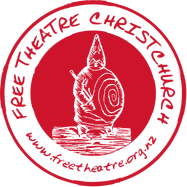As Free Theatre continues to develop a key project, How Not To Be Hamlet?, which explores the effects of the 1984 social and economic reforms on New Zealand society, it is instructive to consider this formative Free Theatre production. As with so much of Falkenberg's work, like Fassbinder, there is a prescience and unflinching gaze at contemporary political life via the personal experience of the collaborators. Perhaps even more so than Fassbinder, who famously replicated his personal life on stage and screen (Bitter Tears a prime example), Falkenberg is closer to Brecht in finding through a conversation with his collaborators a political perspective that does not rely so heavily on his personal perspective. This is not to say Falkenberg is without a personal view but it is his ability to inspire questioning in the collaborators that allows the work to come into being, making it relevant and important to everyone involved in producing the work. This is evident in his theatre work and his foray into film with Remake in 2007.
In a culture famously reticent when the subject of politics is raised, Free Theatre's approach to theatre elevates the experience to be a relevant gauge of the time and place. The company finds ways of provoking discussion that may not always be popular but that are nevertheless appreciated as essential by those that view art as a means of resisting the conformity of the status quo by making visible ideological perspectives that are hidden as seeming natural or inevitable.
0 Comments
Free Theatre Flashback #2...The Arts Centre and making connections inside and outside Christchurch7/23/2017
One of the many very popular Free Theatre cabaret nights in the basement space. At the same time, as the Free Theatre was gaining new audiences, popularity and notoriety in Christchurch, links were being established with contemporary theatre makers in other parts of the country. Conversations were initiated with Amamus, Red Mole and Theatre Corporate. Falkenberg also collaborated with other theatre-makers, most notably acting as dramaturg for Tony Taylor’s production of Big and Little (Gross und Klein) by Botho Strauss at Downstage in Wellington in 1981. The production was considered by critics to be a bold, new signal for New Zealand theatre to consider other possibilities beyond the usual English literary theatre. Strauss was considered a bright light of the German avant garde at the time. For the Dominion, Ralph McAllister wrote: “I’ll dream that Wellington audiences will flock to see this, one of Downstage’s finest accomplishments”. McAllister claimed that he and Bruce Mason attended on multiple occasions, running from table to table, “applauding, stamping and calling out 'Bravo!' in different voices”. Mason, reflecting on the relationship between art and theatre, had initially written a scathing review that seemed to scare audiences away: “Big and Little is an exercise in mountainous banality". However, in an unusual follow-up review in the Evening Post, Mason reconsidered the work, comparing it to the experimental work of John Cage and “credited it with making him consider afresh ‘just what a play should be and from what assumptions it proceeds. For this experience alone, I must thank Downstage’”. He would later conclude: “Finally, this production can be viewed as either a monumental act of courage or an equally monumental folly. I concede that it is the responsibility of a professional theatre to let us see, from time to time, a tough, thought-provoking even grueling play from Europe. I will end, therefore, by saluting Downstage for an act of courage”. The production was, I felt at the time, even more meaningful than the one I had seen at the Kammerspiele in Munich and gave me an incentive to make theatre in this country. On the other hand, the excellent lead actress that met me during a Court production in Christchurch later did not seem to find any more challenging work in New Zealand that would have made her stay and shared stories about the season of Big and Little, where on one night the three audience members present applauded a rat that run across the stage upstaging the actors. Most memorably, I played several roles in the four-hour-long production of Botho Strauss's Big and Little a visionary production inspired by Taylor's study trips to Germany. This was one of the first productions of this post-modern, existentialist epic outside of Germany and it demonstrated, not for the first time, Downstage being ahead of its time, a genuine leader in the arts in Aotearoa/New Zealand. Despite a desire to work together again, Falkenberg and Taylor were unable to make it happen in Christchurch. However, it has long been a feature of Falkenberg's work that he has attracted and been attracted to working with artists of high calibre with a view to really pushing the boundaries in search of exciting new work. It is one of the defining features of Free Theatre work.
Every social order creates its own reality which is backed up by propaganda, whether it is subtle or obvious – things like the work ethic, the marriage ethic and the desire for happiness and security. Any individual who stands out against these myths is treated with suspicion or down-right hostility. Note from 2022 Website Editor Marian. This comment above appears as a screenshot as blog comments could not be transferred across to our new account. Many thanks for your comment!
The development of a strong ongoing Free Theatre Group in the early 1980s was made possible by the Project Employment Programme (PEP) introduced by the National government of the time. A wider scheme across multiple industries, it also allowed artists to work in the theatre with a view to developing skills that would contribute to ongoing employment. This allowed for a dedicated ensemble to develop in the new Arts Centre theatre the company had built in 1982. A diversity of works were produced in line with the company's manifesto: To stage old and new rarely staged European plays in original translations, new New Zealand plays, and classical English texts in an unusual and experimental style. Emphasis is placed on non-verbal action and high production standards, discouraging the star system and encouraging long rehearsal and training periods in a company context. Not the worst misspelling over the years. Productions through the early to mid 1980s ranged from works produced by Peter Falkenberg such as the company's magnificently gruesome King Lear, hauntingly beautiful Leonce and Lena and spectacular Lulu, to stagings of new works written by company members, including Nansi Thompson (Texts For Decomposition) and Stuart McKenzie (The Joffongract, A Letter from L, The Mortal Pleasure of Wanda Lust and The Rapist Over Susannah). Meanwhile, Robin Bond initiated with Electra what would become an ongoing series of productions of classical Greek texts that he translated and directed. At the same time, a slew of imaginative new works emerged that exposed local audiences to international contemporary theatre through presentations of avant garde innovators from Brecht to Sam Shepard, Patti Smith and Peter Handke... Mahagonny, Cowboy Mouth, (both directed by Falkenberg), Action (dir. Carol Bellini-Sharp), Tongues (assisted by Bellini-Sharp and Falkenberg), The Ride Over Lake Constance (dir. Nick Frost), Red Cross (dir. Leonard Wilcox with Falkenberg) and Takeaway (dir. Falkenberg with Roy Montgomery). Alongside this, an education programme with immersive productions such as The Hunting of the Snark began to attract students. Current Free Theatre ensemble member Emma Johnston cites Free Theatre's Snark production as a most memorable early theatre experience. These productions served as the foundations to the emergence of a special new voice of contemporary theatre in New Zealand. The Press Arts Editor Chris Moore, previewing Faust Chroma in 2008 said: "For quarter of a century, Free Theatre has redefined cultural horizons and shaped Christchurch perceptions of contemporary theatre". With daring and determination, Free Theatre established itself in the 1980s as part of a tradition of Christchurch arts organisations and artists in the visual arts, music, literature and film that developed new work that was distinct and influential in the wider cultural landscape of New Zealand. We've yet to feature all Free Theatre productions on our website (its a big archive!) but below are a few pics from the productions mentioned some of which feature on the website (links above). You can also see images from productions over three decades in our archive gallery. Make-up Ground Down / Texts for Decomposition (1983)Leonce and Lena (1983)Dinosaurs and all that Rubbish / The Hunting of the Snark (1984)Cowboy Mouth (1985)Action / Tongues (1985)The Rise and Fall of Mahagonny (1985)Lulu (1986)
Recently, a supporter of the company asked why we don't publish more... perhaps we should. But there are already things out there, including: Moving Targets: Political theatre in a post-political age by Ryan Reynolds, and Emma Johnston's Healing Maori Through Song and Dance?: Three case studies of recent New Zealand music theatre. Also there are a number of writings (book chapters, journal articles and so on) in our writings thingee.
As announced yesterday, award-winning filmmaker Shirley Horrocks has just completed a documentary on Free Theatre. Huge congratulations to Shirley for being selected to première the film at the 2017 New Zealand International Film Festival in August (dates, times and venues to be announced soon). Shirley has had more films selected for the NZIFF than any other New Zealand filmmaker, which is an extraordinary achievement. We're honoured that she decided seven years ago that Free Theatre was a worthy subject and inspired by her dedication to seeing the film get made as part of her ongoing mission to shed light on artists and work that she believes should be better known. New Zealand is notorious for neglecting its social history, often failing to realise art's relevance to our contemporary lives. This makes champions like Shirley all the more valuable. Often the people I've made documentaries about are out there, but perhaps they're not widely known. I wanted to get them more widely known because I think they really should be. Shirley's company, Point of View Productions, has established a Facebook page for the film here. We thought it might also be good, in the build up to the première of the film, to share some items from our extensive archives that Shirley has been researching for the film. The Free Theatre archiving project began in 2010 with a small grant from Creative Communities and it continues today with only a fraction available on our website. The archiving project reveals the extraordinary depth, nuance and richness of Free Theatre's output, and of Peter Falkenberg's contribution to contemporary theatre in New Zealand over many years through the work he has created and the artists he has inspired. It shows the extraordinary talent, commitment and intelligence of the many artists that have contributed to the company over nearly four decades. The archives also raise a recurring question. Image from Canterbury Tales (2013) This latest documentary by Shirley Horrocks is the inside story of one of New Zealand's most colourful and controversial theatre companies – a hidden treasure, which has been presenting one extraordinary production after another for 37 years. The creative individuals who make up the Free Theatre group in Christchurch have their own vision of how to enlarge the boundaries of live performance, making rich use of all the arts. The group has survived censure, court cases, money problems, and earthquakes wrecking their venues. Award-winning director Shirley Horrocks has specialised in profiling creative people who deserve to be better-known, and Free Theatre is one of her most dramatic discoveries. Given the company's remarkable longevity and consistent output of ground-breaking work over so many years, why has Free Theatre always struggled with visibility? As noted as elsewhere by our Chief Archivist, perhaps there are embedded cultural reasons for this and, paradoxically, perhaps it speaks to the company's success in remaining politically relevant that it is treated wearily in a politically conservative society. It seems of value to keep questioning this as we consider the necessary changes in the role and function of art in making engaged and engaging contemporary cities. Alongside's the company's ongoing work, perhaps documents such as Shirley's, and books like that written by Dr Marian McCurdy (more on this soon) will continue to promote the value of contemporary theatres like Free Theatre and its aims to provide unique experiences of alternative ways of thinking and living. Woyzeck (1980)After forming in 1979, Free Theatre's first production in 1980 was based on Georg Büchner's Woyzeck. Presented under the name 'Workshop Theatre', the realisation another company had this name meant the company eventually changed its name to Free Theatre Christchurch, a homage to the free theatres of Europe that gave birth to modern theatre. Woyzeck was presented in a space at the Teacher's College at Dovedale Ave before the company built its own space in the Arts Centre. Many years later, after losing the space to the earthquakes, the company would return to the Teacher's College studio to develop and present I Sing the Body Electric. Büchner's text was a forerunner to Naturalism and Expressionism. Free Theatre's production saw the emergence of a new voice in Christchurch theatre and an alternative to the Court Theatre that had been founded five years prior. Directed by Peter Falkenberg, the production featured John McClatchie, Stephanie Johnson, Mark di Somma, Nick Frost, Godfrey Sim and Karl Knaup, with Sue Donaldson as stage manager and Rodger Phillips as lighting operator. Images from rehearsals can be found here. “Slowly, Woyzeck, take it slowly. One thing after another one. You make me feel giddy. - What am I supposed to do with the ten minutes you save rushing that way? What use are they to me? Think about it, Woyzeck; you've got a good thirty years left. Thirty years. That makes three hundred and sizty months - and then there's days, hours, minutes! What're you going to do with such a monstrous amount of time? Eh? Space it out a bit, Woyzeck.” We've been discussing revisiting some formative Free Theatre productions including Woyzeck and Ubu Roi, either as new performances and/or as part of Ubu Nights. Here's a Free Theatre favourite, Tom Waits, presenting a piece from Woyzeck... One must love humanity in order to reach out into the unique essence of each individual: no one can be too low or too ugly. Free Theatre is to be in the spotlight with a new documentary by award-winning filmmaker Shirley Horrocks to première at the New Zealand International Film Festival in August and two new books penned by company members.
Horrocks, one of New Zealand's leading social and arts documentary filmmakers, is well known for producing documentaries that shed light on influential artists, her award-winning work focusing on the likes of Marti Friedlander, Len Lye, Albert Wendt and Allen Curnow. Horrocks’ production company, Point of View Productions, says the film will provide insight into “a hidden treasure, which has been presenting one extraordinary production after another for 37 years”. Horrocks began researching Free Theatre in 2010, after travelling to Wellington to see the company present Distraction Camp at the old BATS theatre (Wellington). She then travelled south from her Auckland base to film a series of productions over six years. Her documentary provides extraordinary, previously unseen footage from a number of the company's highly acclaimed productions in post-quake Christchurch, including The Earthquake in Chile and Canterbury Tales. Horrocks also presents footage from Free Theatre's extensive archives, which have been developed through an archiving project that began in 2008. The film comes at the same time as the release of a new book by Free Theatre member Marian McCurdy. Published by Intellect and titled Acting and its Refusal in Theatre and Film: The Devil Makes Believe, the book is based on McCurdy’s PhD thesis and offers insight into the company’s work through a series of recent high profile productions. She also discusses films such as Lust, Caution directed by Ang Lee and Lars von Trier’s The Idiots to consider the ethical desire of refusing to act—which results from blurred boundaries of acting and living—and examines how real life and performance are intertwined. McCurdy’s book precedes another that she is currently working on with Free Theatre members about the company’s work. Research for the book will be presented as part of a special panel at the Australasian Theatre, Drama and Performance Studies Conference (ADSA) in late June. Hosted by the Auckland University of Technology, this year’s conference theme is ‘Performing Belonging in the 21st Century’ and includes a keynote address from activist and artist Tame Iti. Free Theatre Artistic Director Peter Falkenberg delivered the keynote address at the organisation’s conference last year in Toowoomba on ‘theatre and resilience’. Elements of this paper will also feature in the book which is planned for publishing in 2018. Some great coverage for this production, which opened on Friday April 21 and runs until May 6. The response has been fantastic. Click the images below to link to a few of them or go to The Black Rider page for previews, reviews and audience responses. TV3 Newshub The Press Jesse Mulligan RadioNZ What a triumph! It was such a fantastic performance: the music was wonderful, there were many moments when you felt you were in Berlin early last century. The bullet was brilliant! And Delaney Davidson was simply awesome. I loved the way it started and ended with what looked like marionettes being set free from their box and returned to it. We felt very privileged to have been invited and will certainly be raving about it to others. One magic bullet after another... Highly Recommended for all hunters and seekers Astounding! Off-kilter beauty, beautifully ugly, movingly funny and strangely soothing. Churning around in the mind, as usual. That's the Free Theatre magic bullet. Need another fix. See you again final night! An enthralling and fantastic show unlike anything I've seen before! Totally recommend this performance of incredibly talented artists.... Music, lighting singing and movement mixed with drama and emotion... you will be transported to another world! Go and see this you will be blown away...I LOVED it! That was so f...ing good. Seriously good. Congratulations to everyone. Brecht and Weill must be smiling. Thanks to everyone for providing a truly magical experience. I felt transported to another world from which I've not entirely emerged yet. Haunting in every respect.
The Forge is where we can take genuine risks. When we have a dedicated studio we can develop practitioners. That is a really important step that this company (Court Theatre) has lost. We are beholden to support and develop talent, but when you are putting something on like Legally Blonde that is not in any way entry level. There are so many balls in the air that you want to go with a safe pair of hands. We don't want to throw a young director onto a big project and have them perish. That would be damaging to their career. It is a big step up. Dude. Really? The repeated subtext from Christchurch's big commercial (yet massively-subsidised) behemoth, continues to be that theatre simply shouldn't be - can't be - taken seriously as art - (i.e. risk-taking). Art, they say here, is something the young folk do before growing up, getting a haircut and a real job. If Christchurch is serious about being a progressive city, why would this theatre continue to be heavily subsidised to present commercial work like Legally Blonde when genuine alternatives that pursue exciting new art experiences struggle to survive? The Court continues to push for a new big theatre as part of the proposed Performing Arts Precinct (PAP). They would continue to present musicals like Legally Blonde and Mary Poppins next door to Showbiz in the Isaac Theatre Royal who are already presenting musicals such as Hairspray and Priscilla, Queen of the Desert. Not only should the city pay for the new Court, the argument goes, the city should stump up for a second theatre (The Forge) for "experimental" work. However, a survey of the Forge output at the Court reveals that shows here are a slightly different shade to Court One - following the usual literary theatre style of English theatre and more known for 'theatre sports' and improv. And so people come to align experimental or contemporary theatre with improv without an awareness of the wealth of traditions and wonderful work beyond the limited scope of Anglo traditions. Instead of two brand new theatres, the Court should integrate the Forge programme into its proscenium-arch Court One and allow room for those companies and artists that are really taking the risks to exist alongside. If there is still appetite on the part of the Court for truly experimental work they could collaborate with others that are presenting such work in spaces such as The Gym. As said elsewhere, encouraging diversity avoids a return to the old monocultural Christchurch with clear benefits to social, cultural and economic well-being of the city: Supporting alternatives [such as Free Theatre and The Auricle] is to the benefit of a more vibrant, diverse culture. These groups and artists push the boundaries of what is possible, providing an outlet for innovative artists and audiences of contemporary performance, building new audiences and allowing the mainstream to follow with greater room to present work that is truly contemporary. The current model for the Court Theatre is 19th century theatre, based around the reproduction of a solitary dramatic text, with a process that sees the creation of a naturalistic set, the actors learning lines (which are delivered as quickly and loudly as possible), blocking out movements and then presenting a season. The aim is to try and simulate English theatre for a conservative audience. 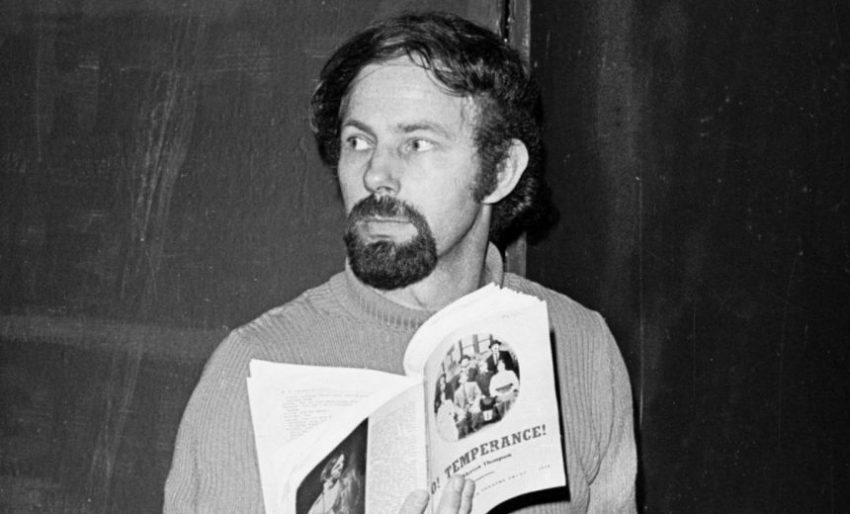 The co-founder of the Court, Mervyn Thompson, attempted to create a space for a new distinct New Zealand theatre - one that explores different forms to provide new and diverse experiences. Thompson was eventually rejected by a Christchurch establishment that wanted to create love-letters to Home, to create theatre as a sign of belonging to a class. In the new Christchurch though, the Court could step-up, work with others and provide room for alternatives to flourish. It could also contract more challenging directors to present diverse contemporary work in the main stage or collaborate with other companies towards a distinctly contemporary Christchurch performance culture. Since its mutual establishment in the 1970s, Free Theatre has provided a space for risk-taking contemporary artists making this a more interesting place to live - the two have extraordinary history in this city. If some of the massive national (CreativeNZ) and local (CCC, Rata Foundation) subsidies that are provided to the Court, a commercial theatre after all, were more strategically distributed to provide high quality, contemporary alternatives, this city might start to claim an identity as a progressive mover and shaker. Flim Flam |
Free Theatre ChChFree Theatre Christchurch. Intermittent blogging. Thoughts. Enjoy. Archives
March 2021
Categories |
- HOME
- ABOUT
- UPCOMING
- EDUCATION
-
ARCHIVE
-
Productions 1979 - present
>
- Babylon Berlin
- Beggars Banquet
- Woyzeck
- The Tempest
- The Axe
- Endgame
- Digitising Performance
- Erewhon: Over the Range
- A Summer Night's Dream
- How Dare You
- A Winter's Tale
-
Ubu Nights
>
-
Past Ubu Nights
>
- Ma Ubu Night
- Ubu Through the Looking Glass
- Ubu in Wonderland Ubu Night
- Frankenstein Ubu Night
- Casablanca Ubu Night
- Faust Ubu Night
- Not Hamlet Ubu Night
- Punk Ubu Night
- The Art of the Deal Ubu Night
- Crossroads Ubu Night
- Ubu Shows Us the Way to Brecht's Whiskey Bar
- The Devil and the Blues Ubu Night
- Bowie Ubu Night
- Warhol Ubu Night
- Berlin Kabarette
- Beat Ubu Night
- Twin Peaks Ubu Night
- David Lynch Ubu Night
- Kafka Ubu Night
- Tango Ubu Night
- Ubu Ubu Night
- Lovecraft Ubu Night
-
Past Ubu Nights
>
- Ars Acustica
- Alice
- The Black Rider
- Frankenstein
- The Mauricio Kagel Project
- Te Puna Toi 2015: Footprints/Tapuwae
- Kafka's Amerika
- The Soldier's Tale
- Canterbury Tales
- I Sing the Body Electric
- Hereafter
- Passion, Pulse and Power
- The Earthquake in Chile
- Doctor Faustus
- The Marvellous Corricks >
- Distraction Camp
- Remake
- Ella and Susn
- Free Theatre - 25 years and counting...
- Faust Chroma
- Enigma Emmy Goering/Nico Sphinx of Ice
- Faust Feast
- Diana Down Under
- Philoctetes >
- Fantasia
- Christmas Shopping
- Grimm's Sleeping Beauty
- Achternbusch in the Antipodes
- Caucasian Chalk Circle
- Samson Airline
- Kabarett Kabul
- Footprints/Tapuwae
- Last Days of Mankind
- Medea
- Bakkhai / Diotek
- Krapp's Last Tape
- Murderer Hope of Women / The Philosopher's Stone
- Comrade Savage
- Love on a Bicycle
- Resolution Island
- Songs for the Judges
- Crusoe
- Oedipus Rex/Oedipus at Colonus
- States of Shock
- Empire Builders
- Yes
- Power
- Robinson Crusoe: Or I THat Was Born To Be My Own Destroyer
- Newsbites
- Dumped in Space
- MedeaMaterial
- Salome
- Electra
- Sphinx and Strawmen
- The Girl Who Sings Waterfalls
- Hamletmachine
- Oresteia
- A Respectable Wedding
- Bitter Tears of Petra von Kant
- Double Act and Postponeless
- Cloudkiwiland
- Preversions
- G.O.P. Helpomatic
- The Mortal Pleasure of Wander Lust
- Red Cross & Takeaway
- Lulu Earth Spirit
- The Meeting
- Action / Tongues
- Cowboy Mouth
- The Rise and Fall of the City of Mahagonny
- A Letter from L
- Dinosaurs and All the Rubbish / The Hunting of the Snark
- The Ride Across Lake Constance
- Electra
- In Three Minds
- The Rapist Over Suzannah
- 1984: The Future Is Now
- Leonce and Lena
- Kabernette
- The Joffongract
- My Foot, My Tutor
- King Lear
- King Ubu
- Jazz Cellar Dada / Heavy Metal Cabaret
- Kabarett
- Black Cat Cabaret
- The Gas Heart/Ox on the Roof/The Mirror Wardrobe One Fine Evening
- Round Dance
- Woyzeck
- Make-up Ground down / Texts for Decomposition
- Court Case: Arts Centre vs Free Theatre
- Image Gallery 1979 - present
- TV3 Clips
- Selected Reviews
-
Productions 1979 - present
>
- Te Puna Toi
- SUPPORT
- BLOG

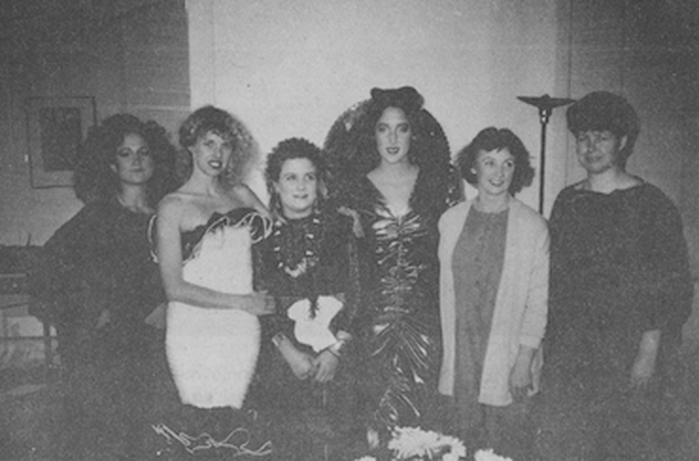
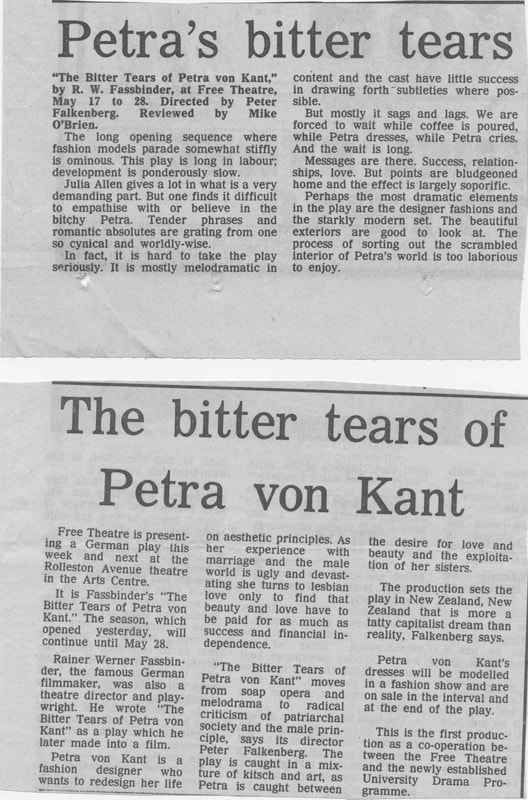
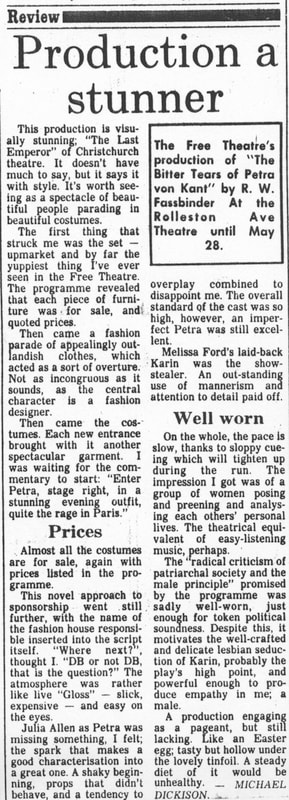
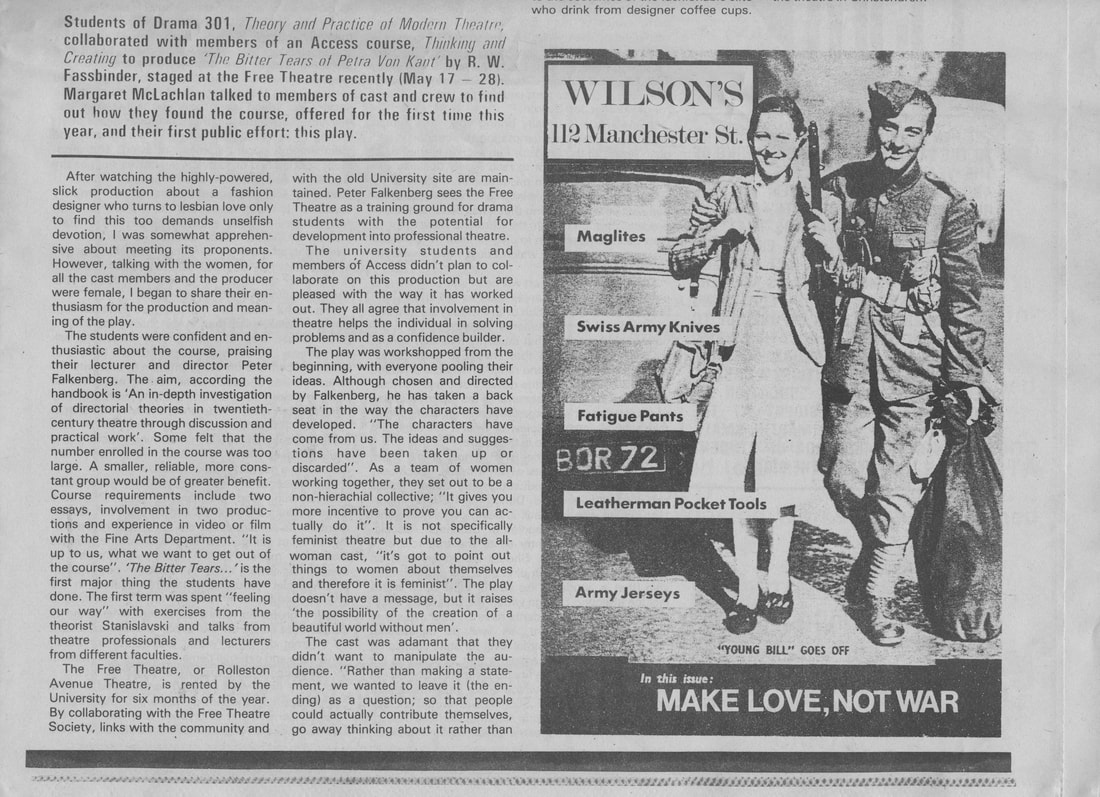
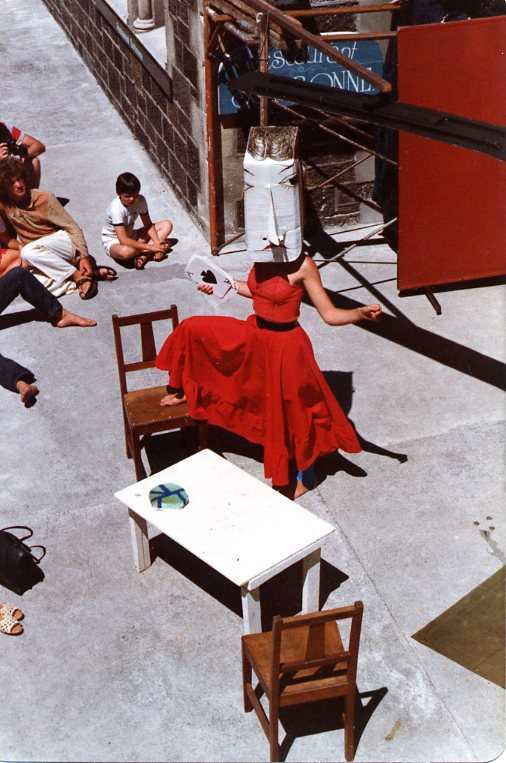
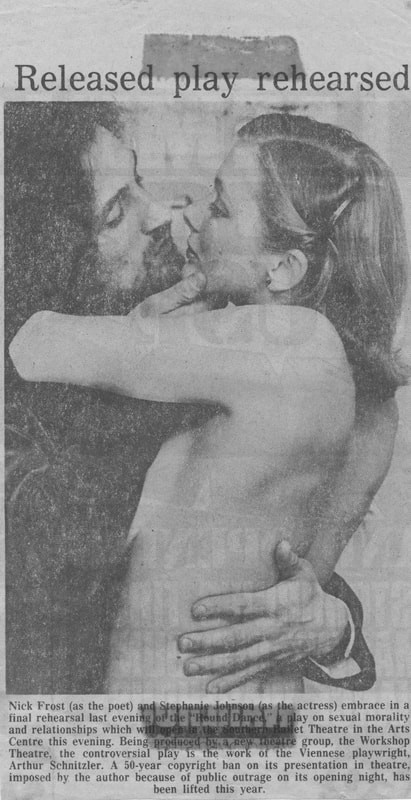
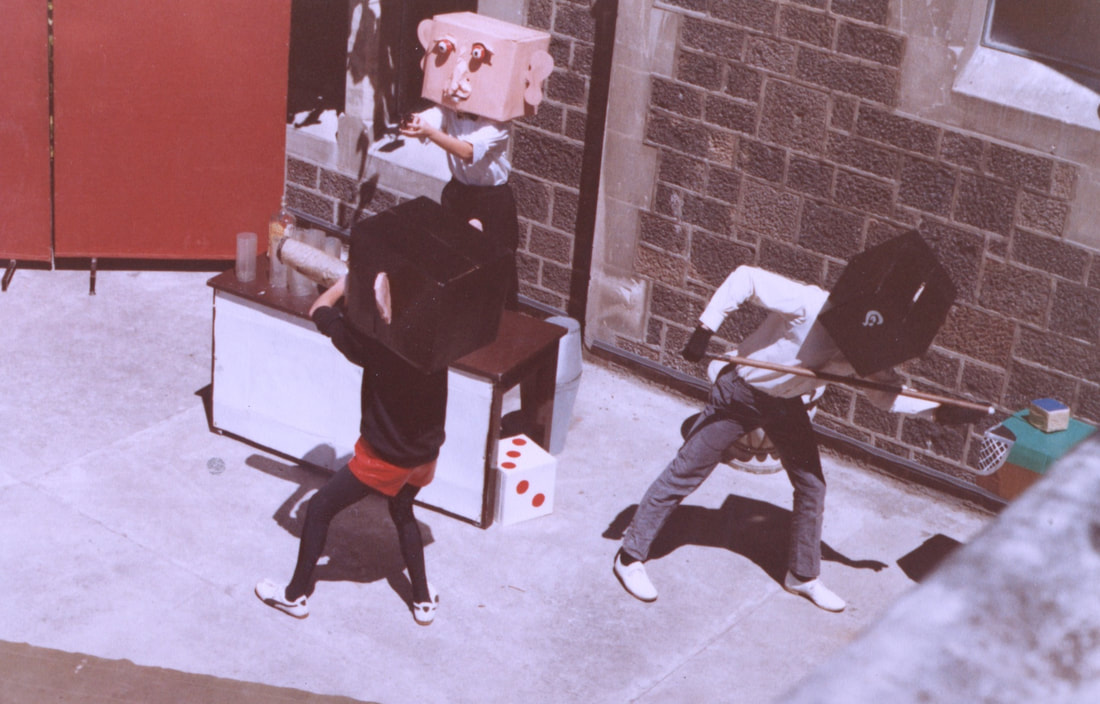
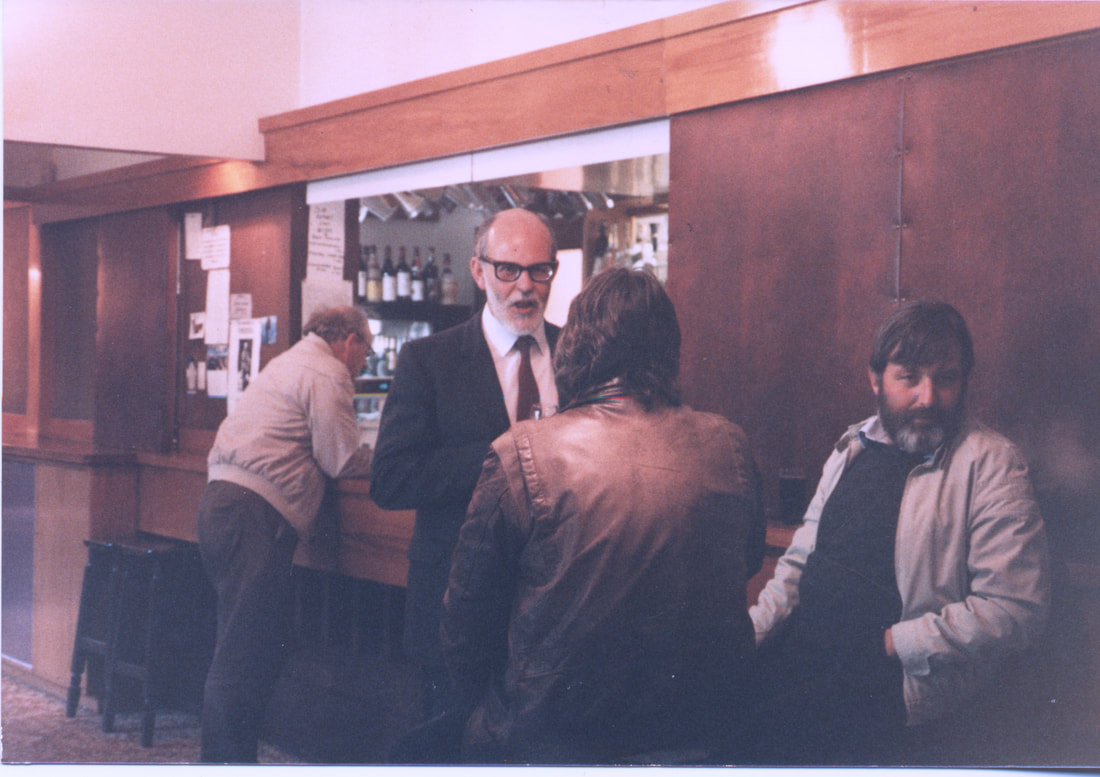
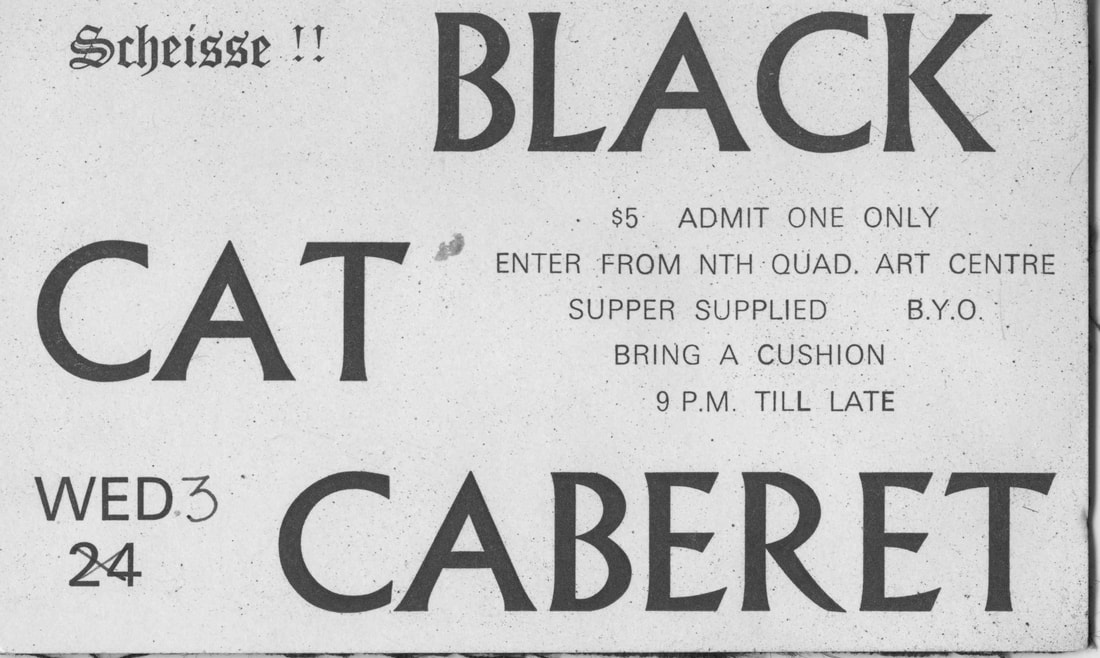
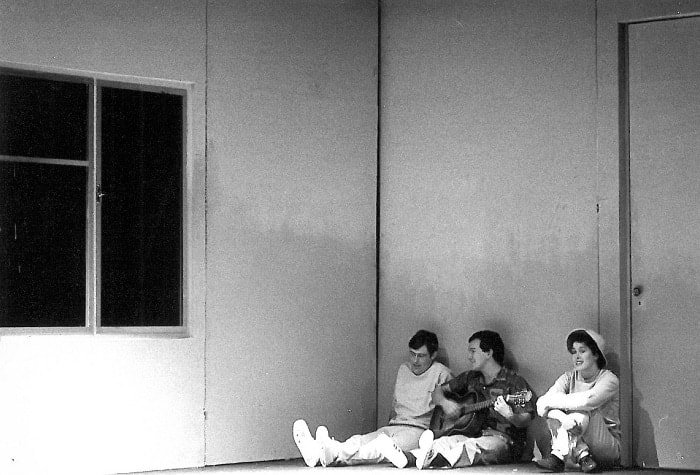
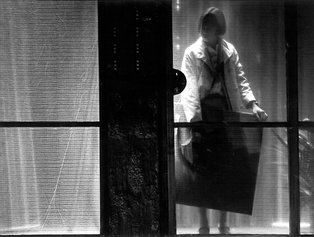
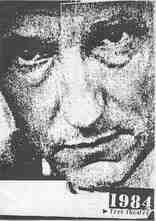
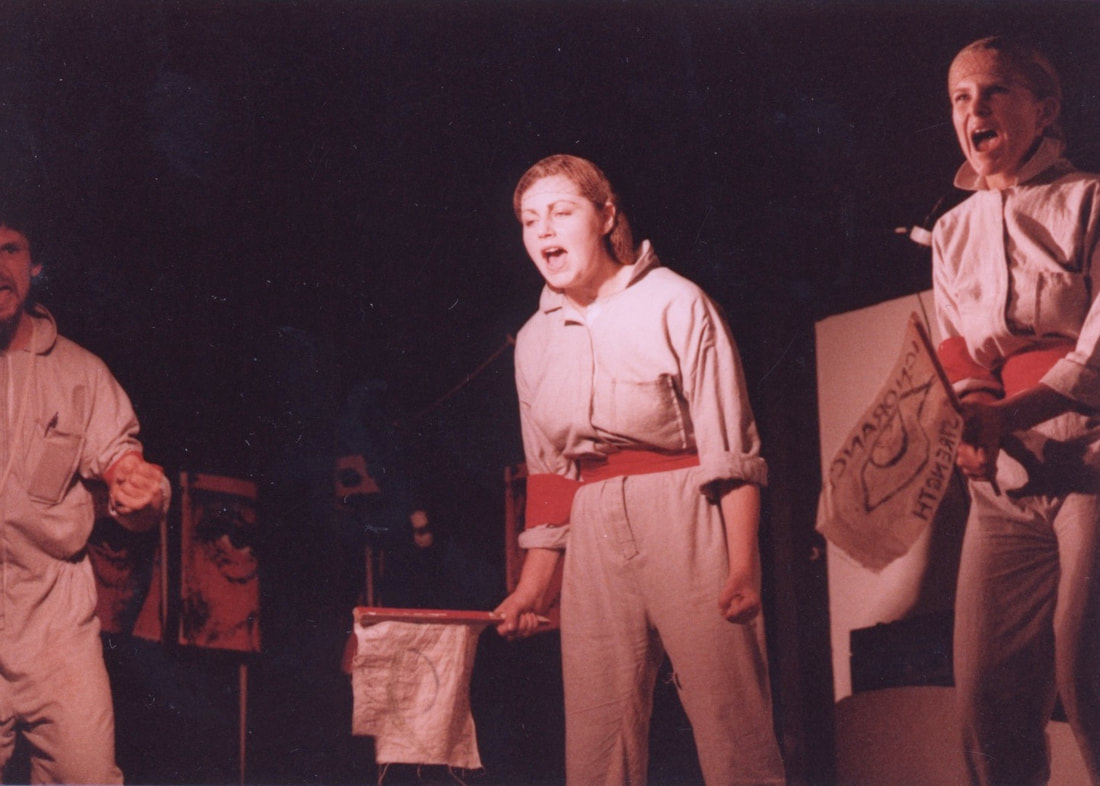
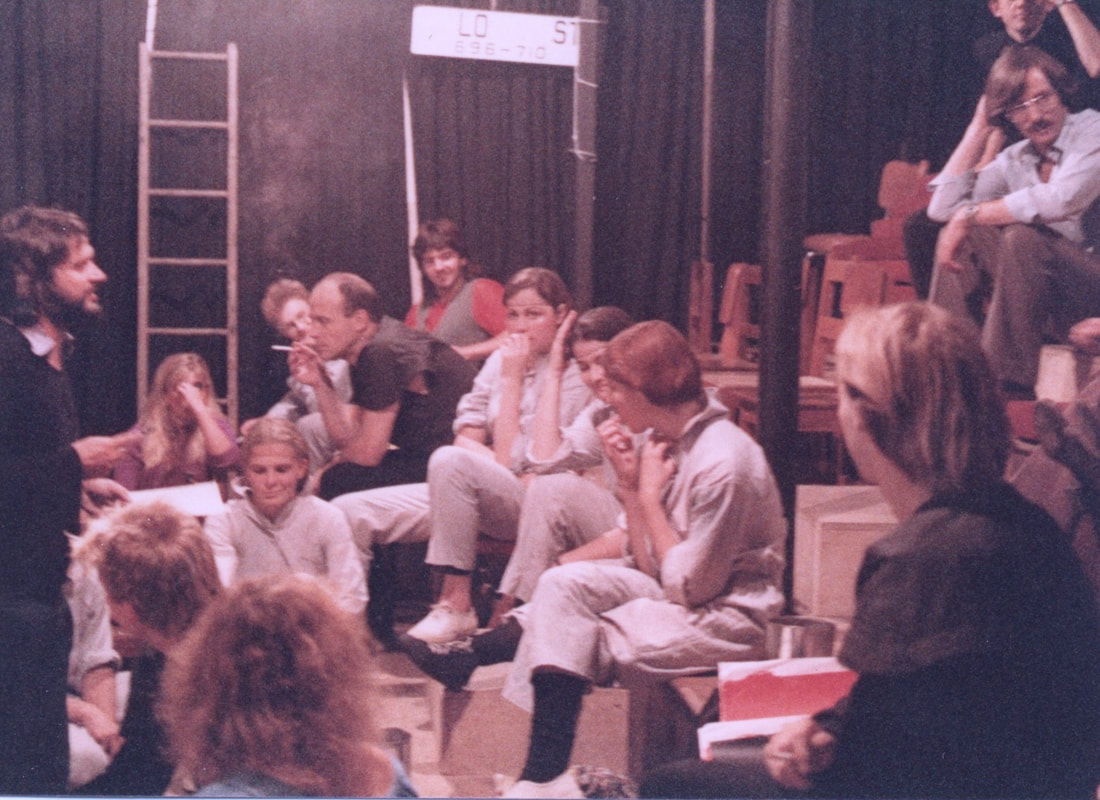
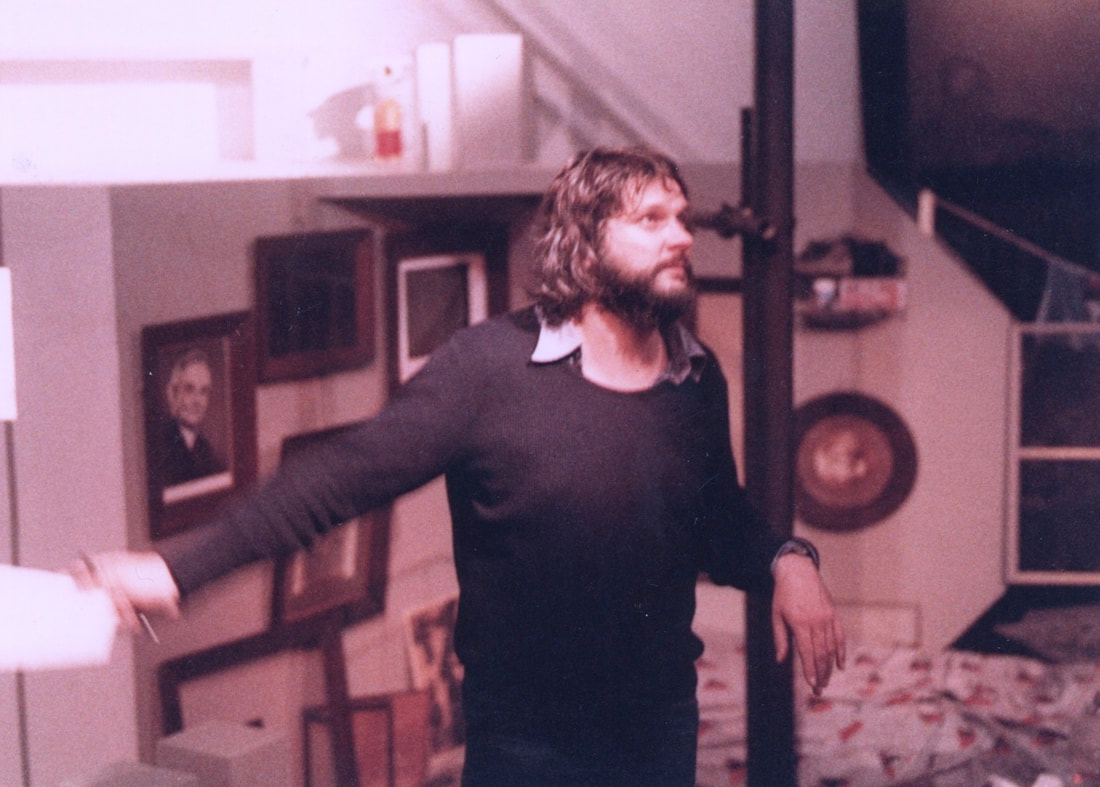
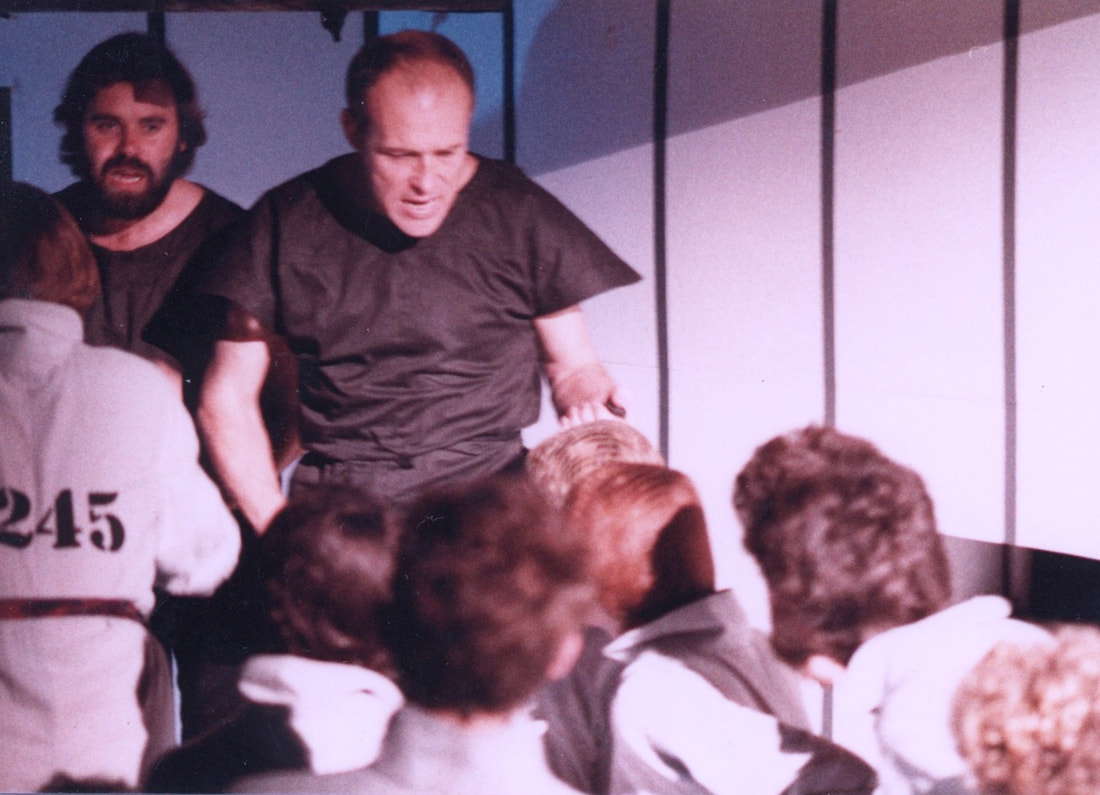
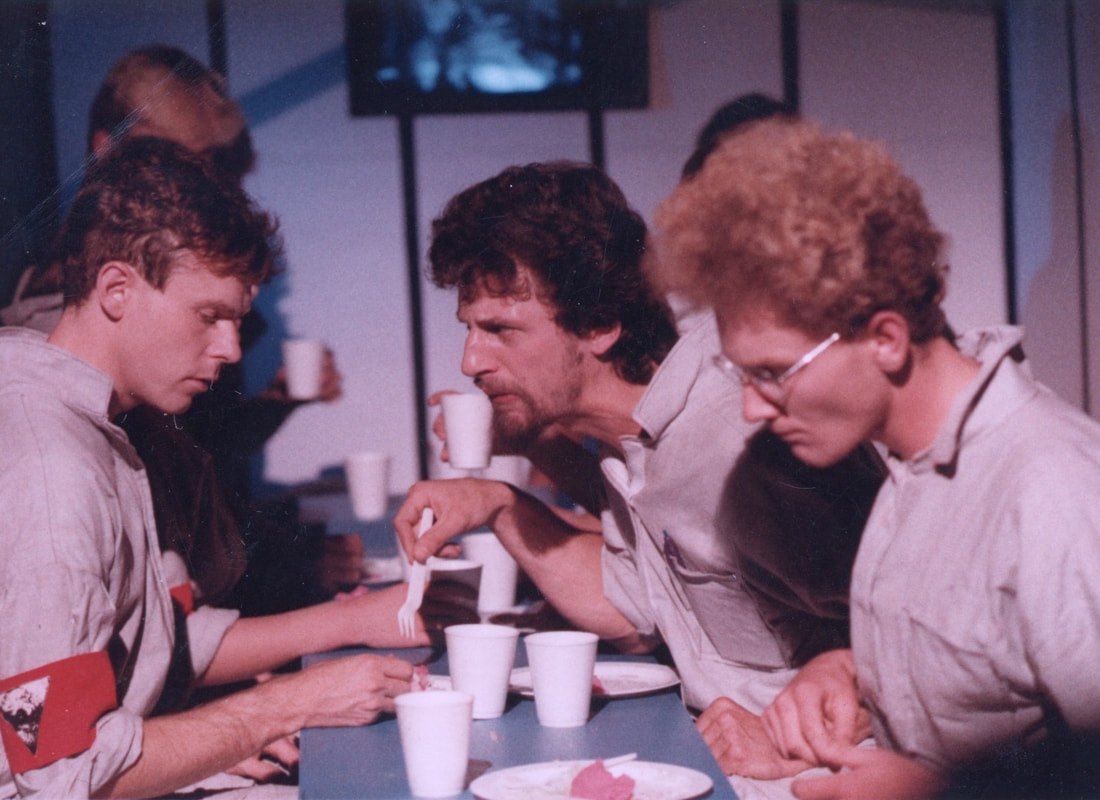
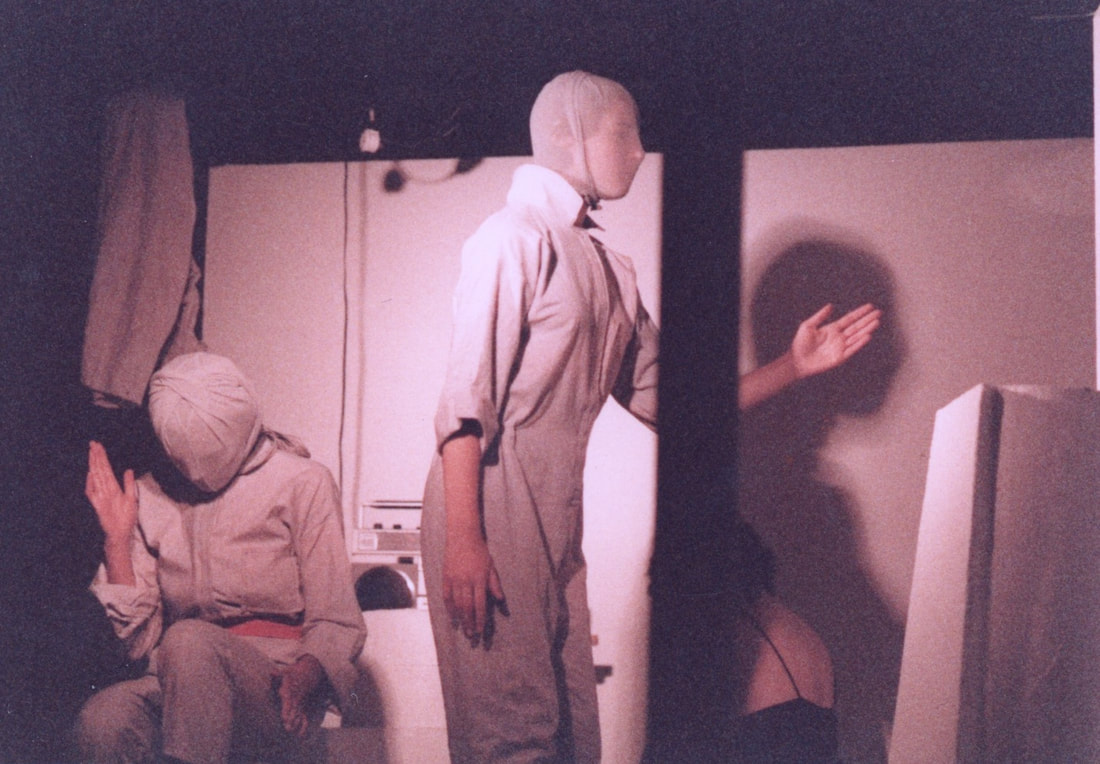
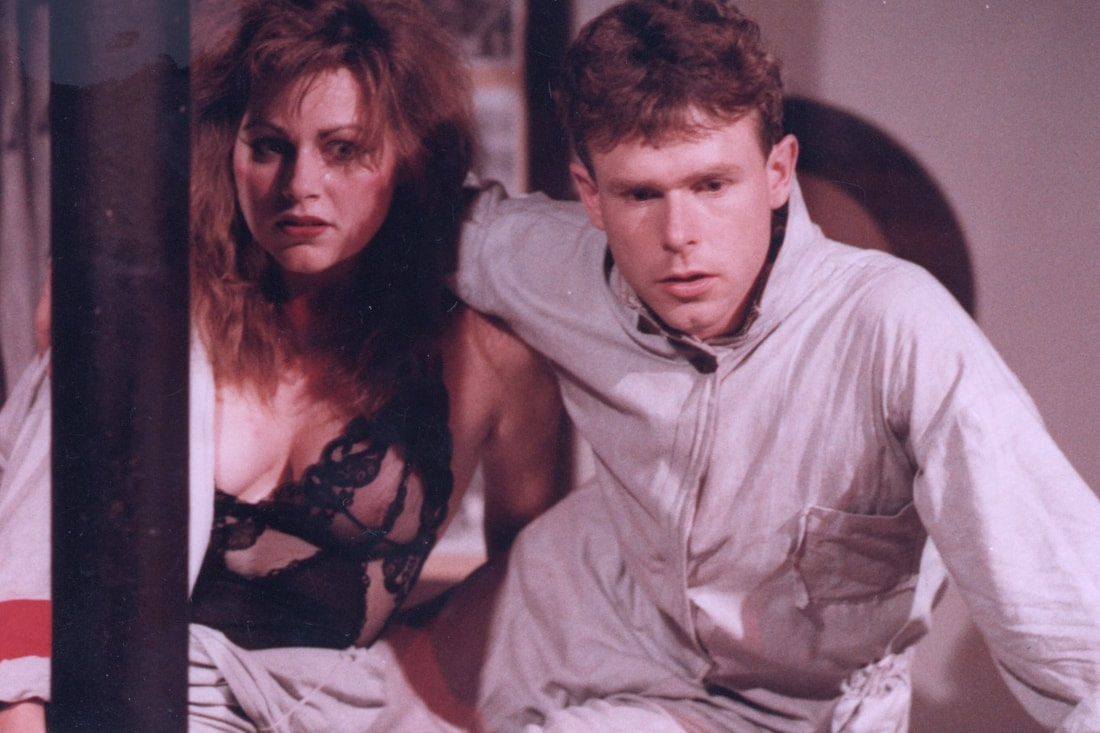
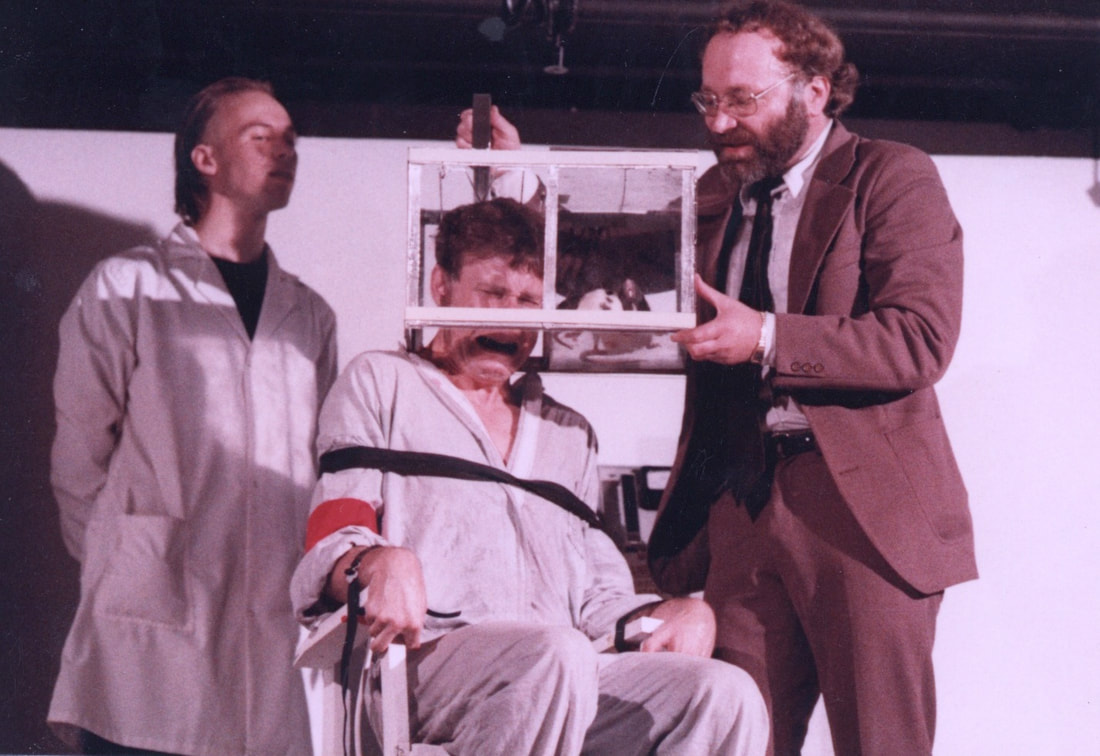
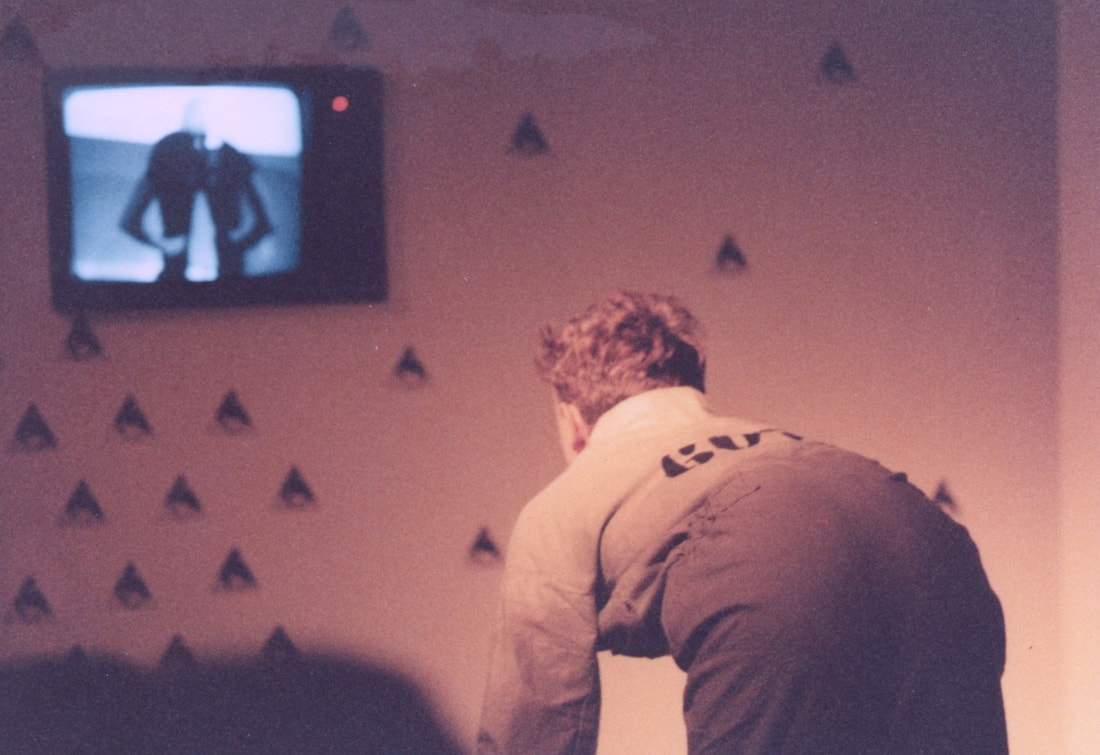
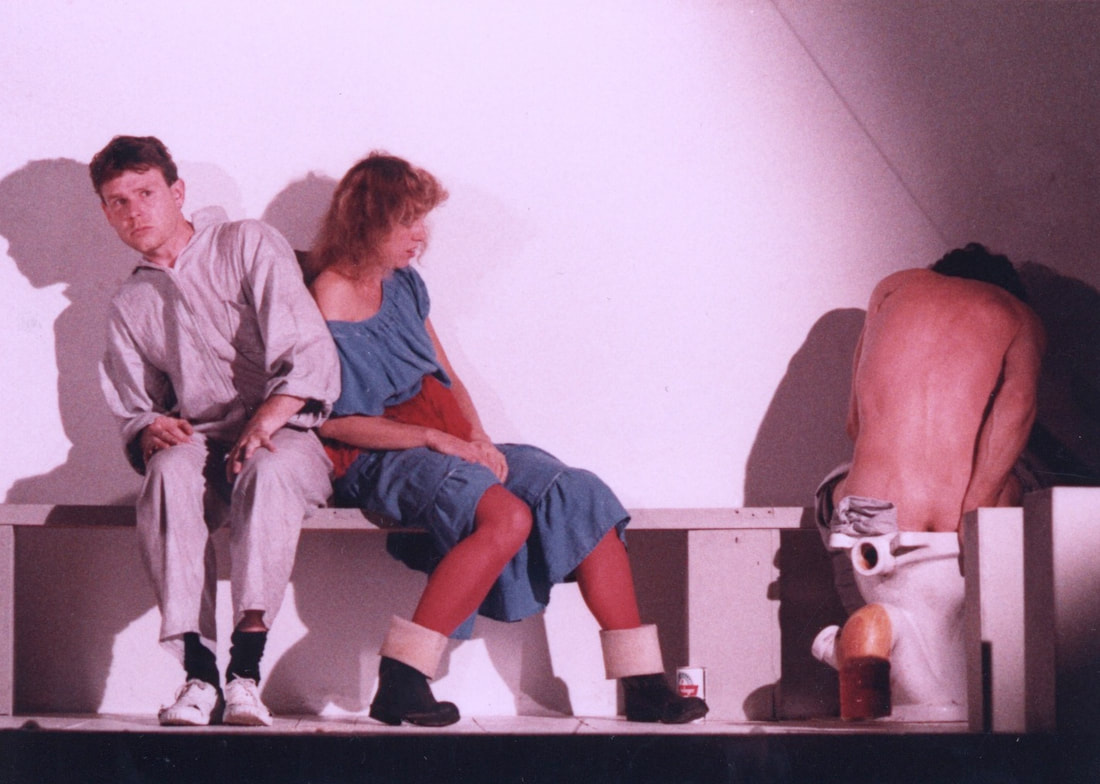
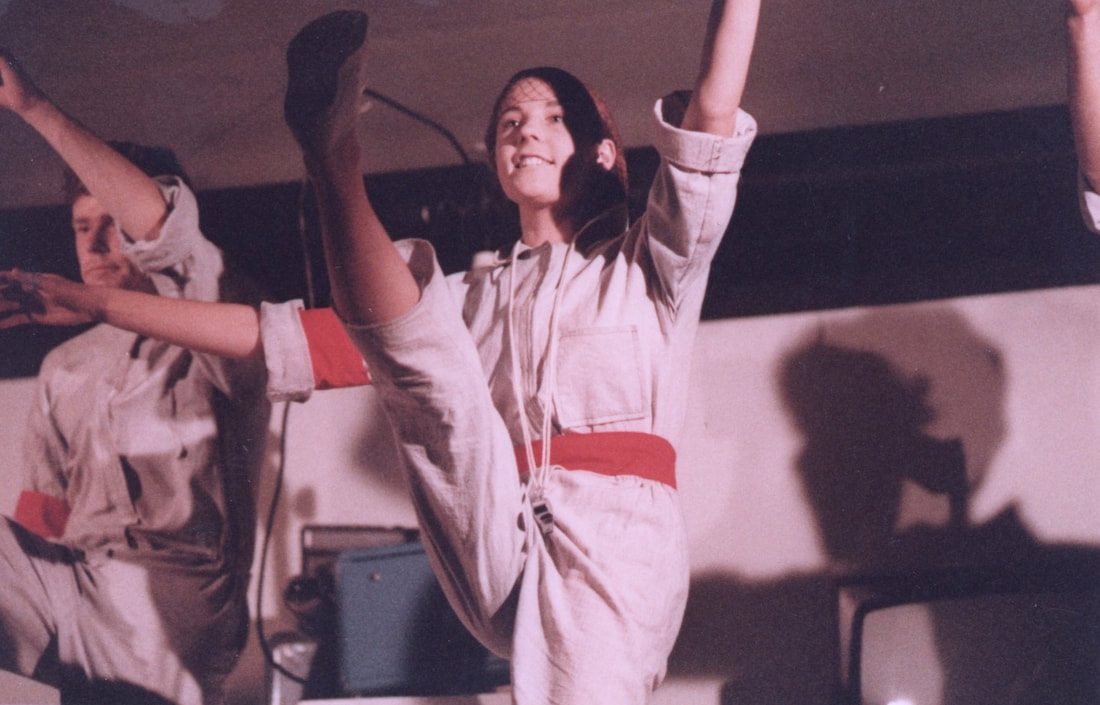
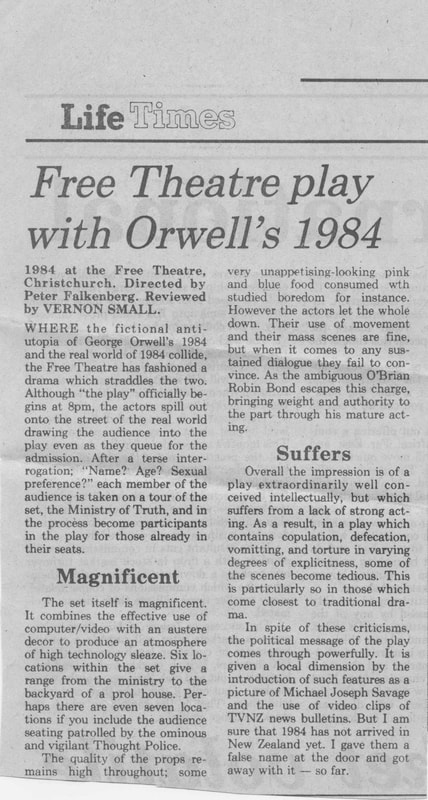
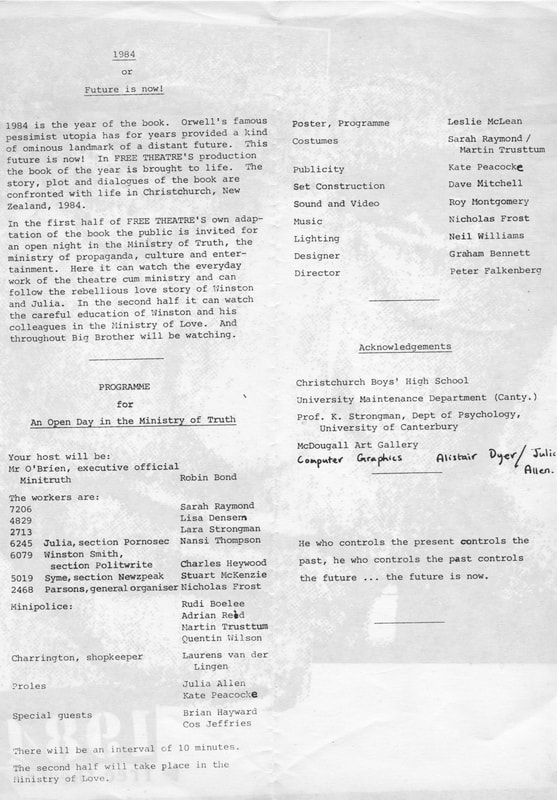

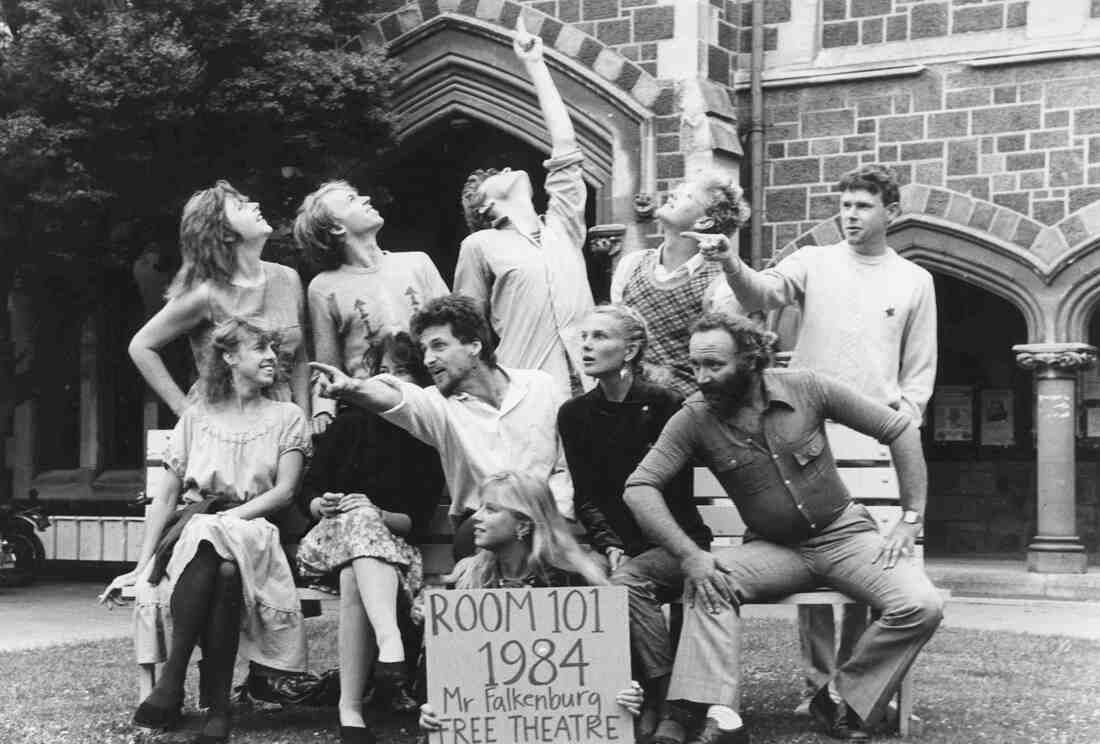
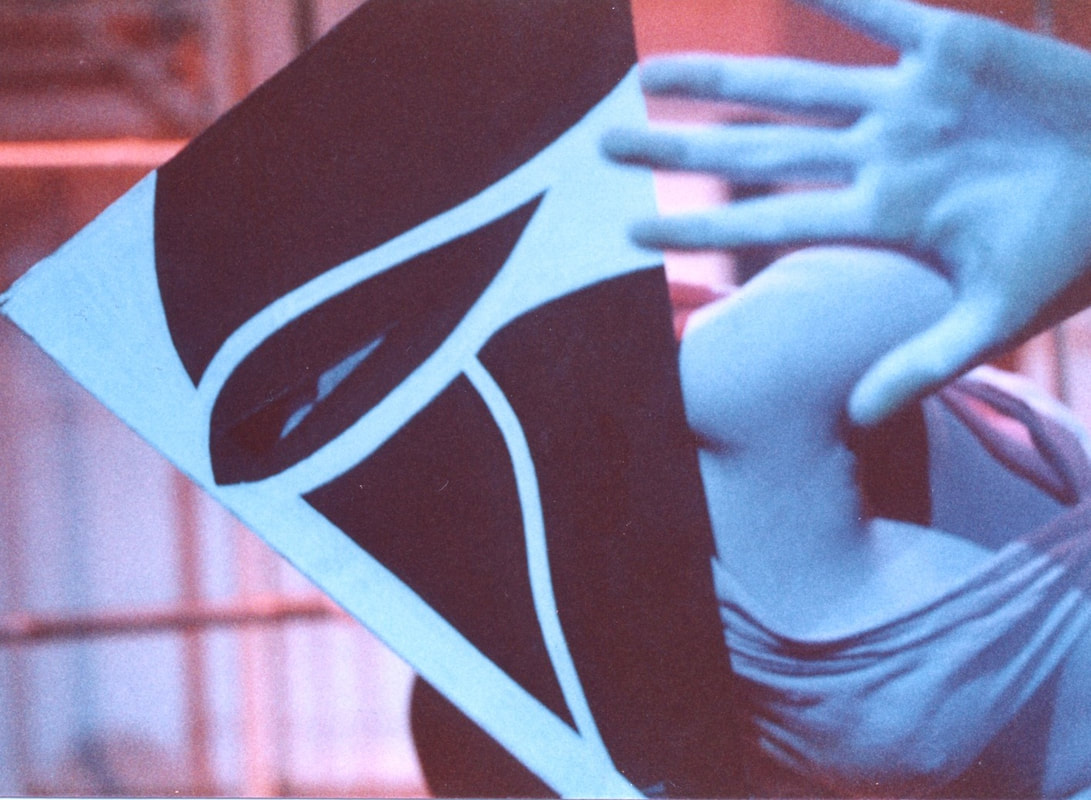
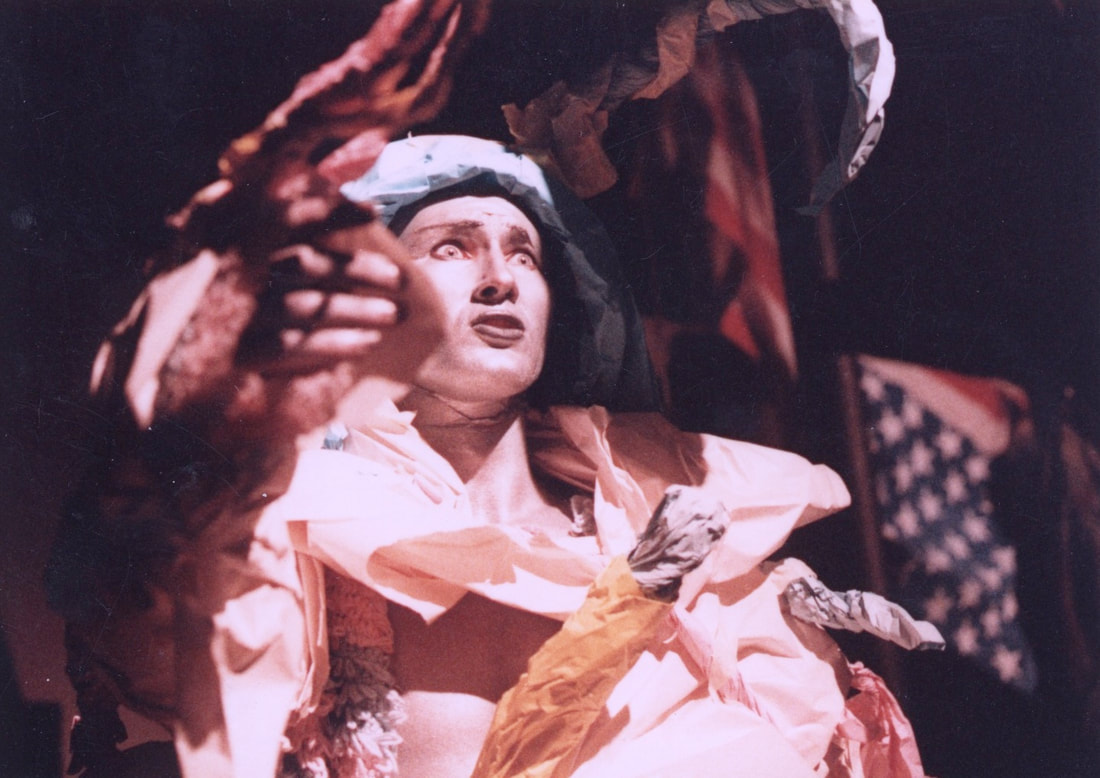
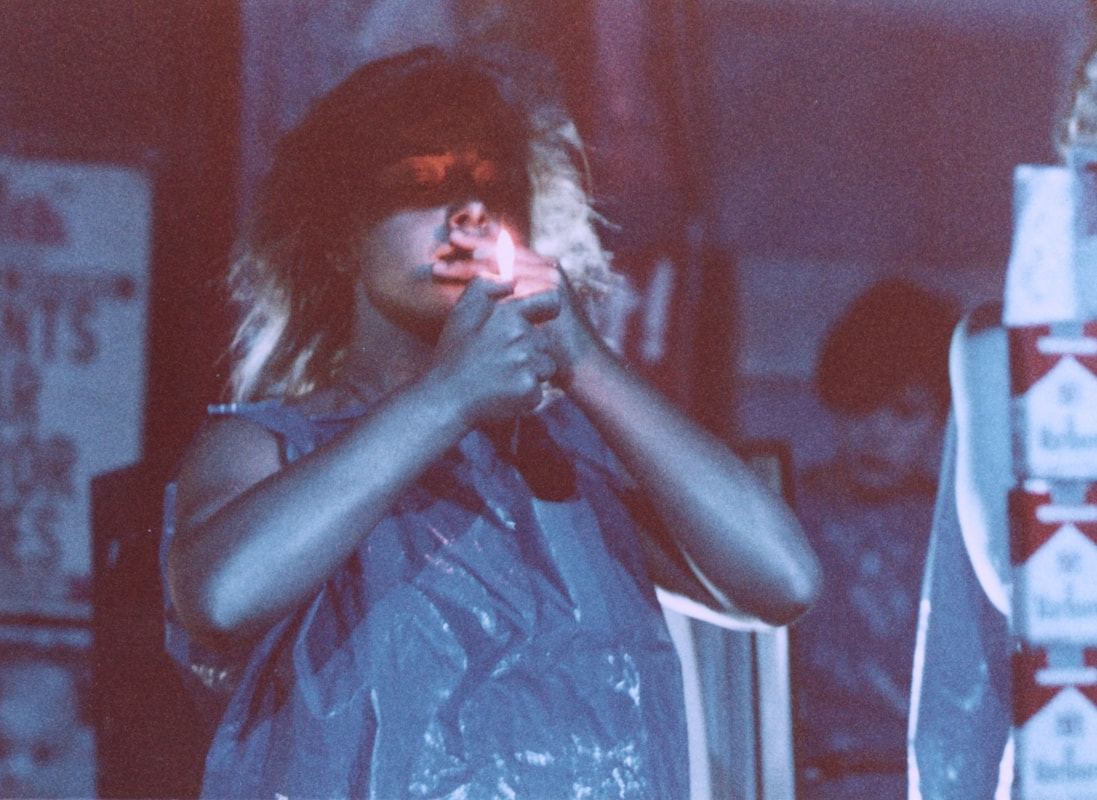
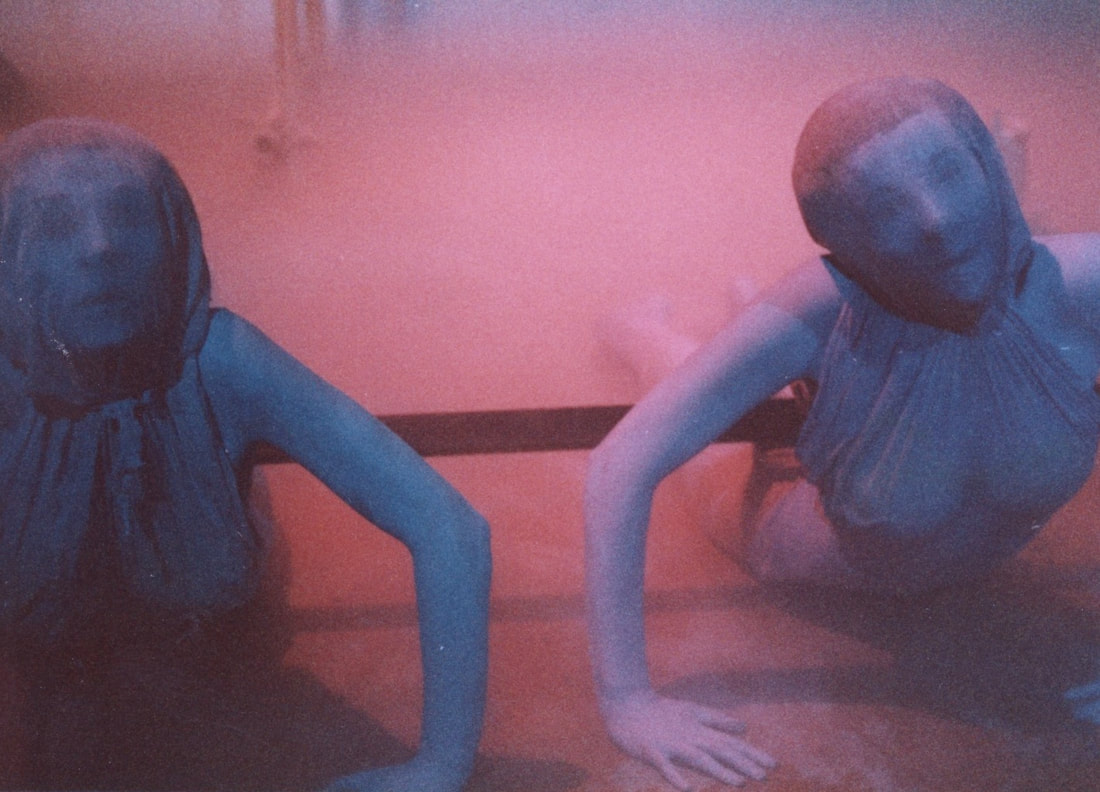
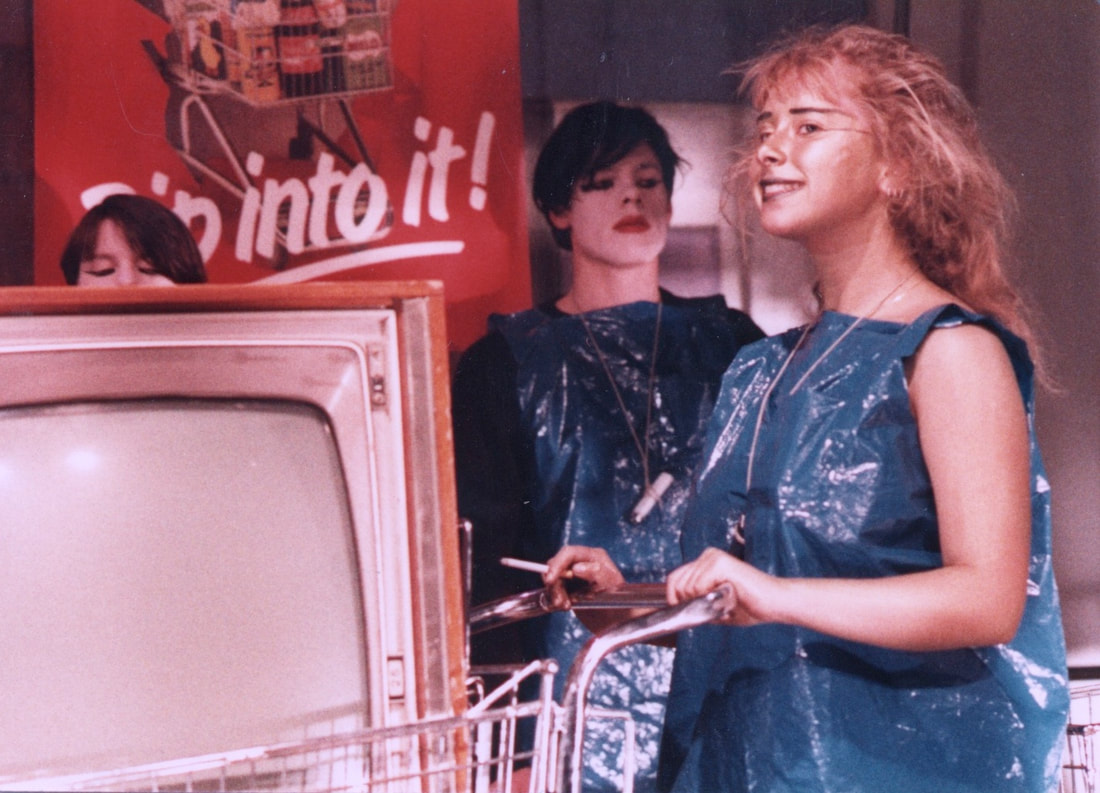
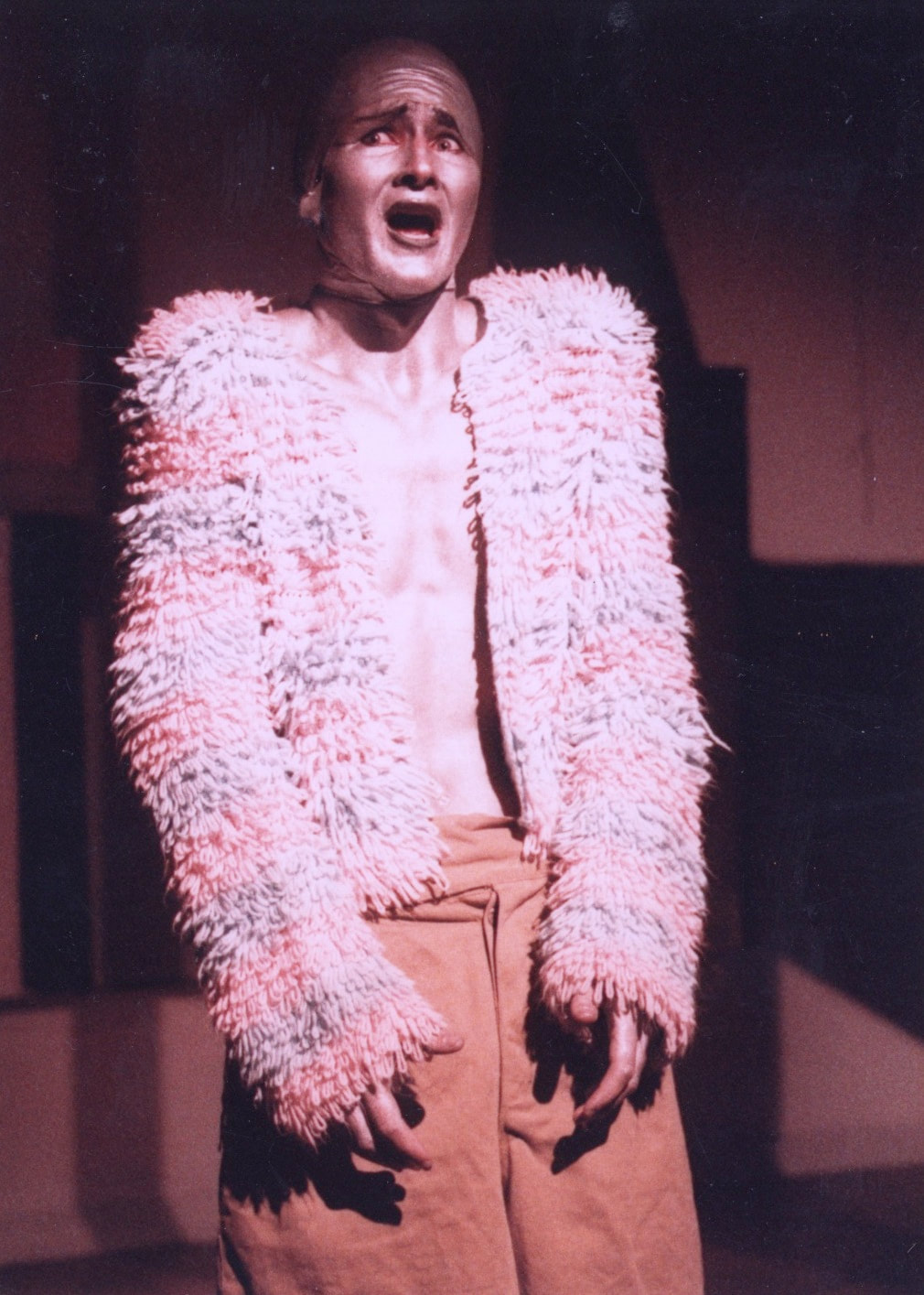
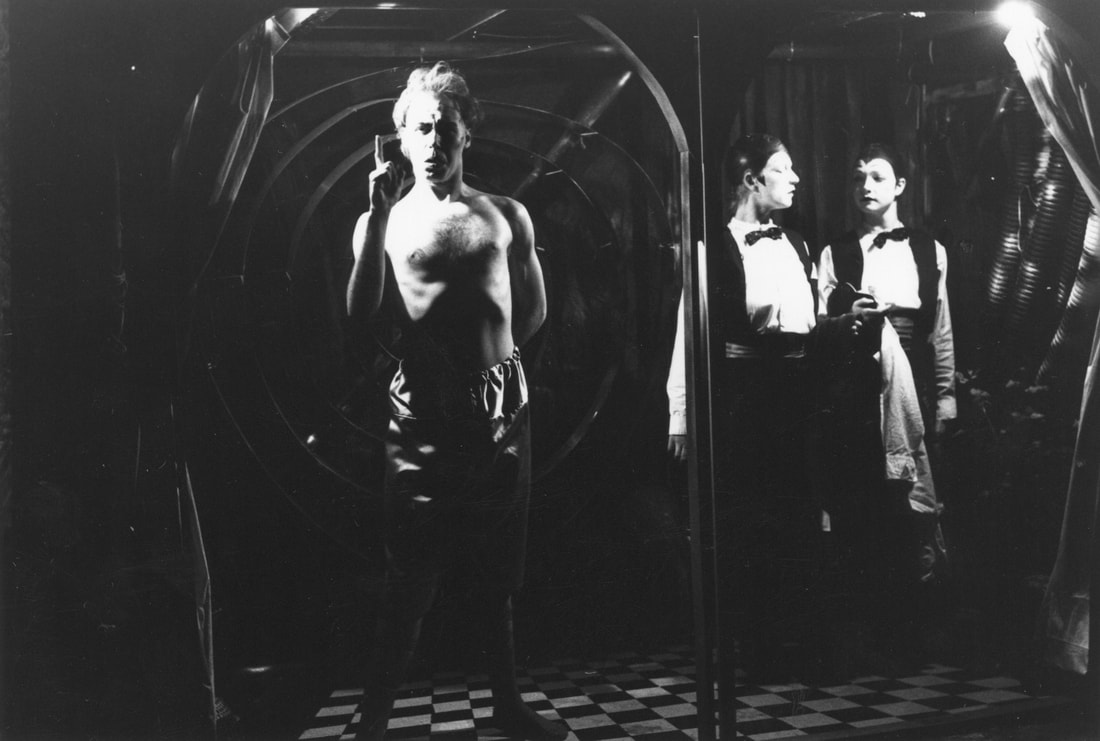
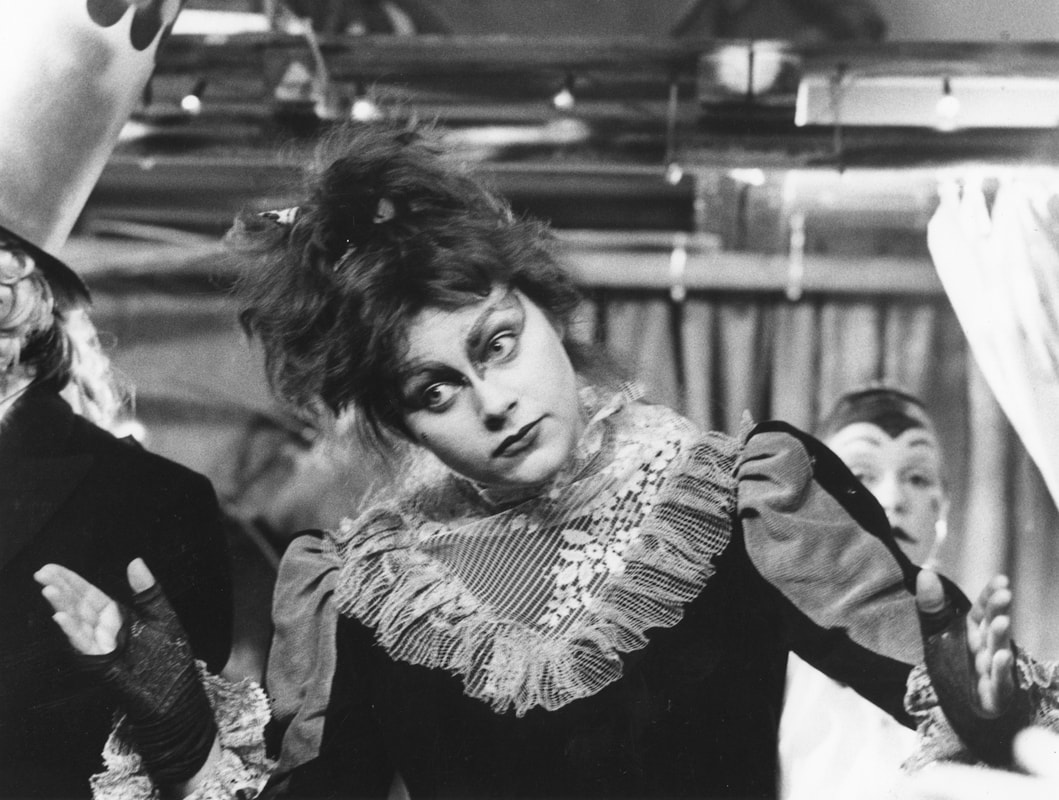
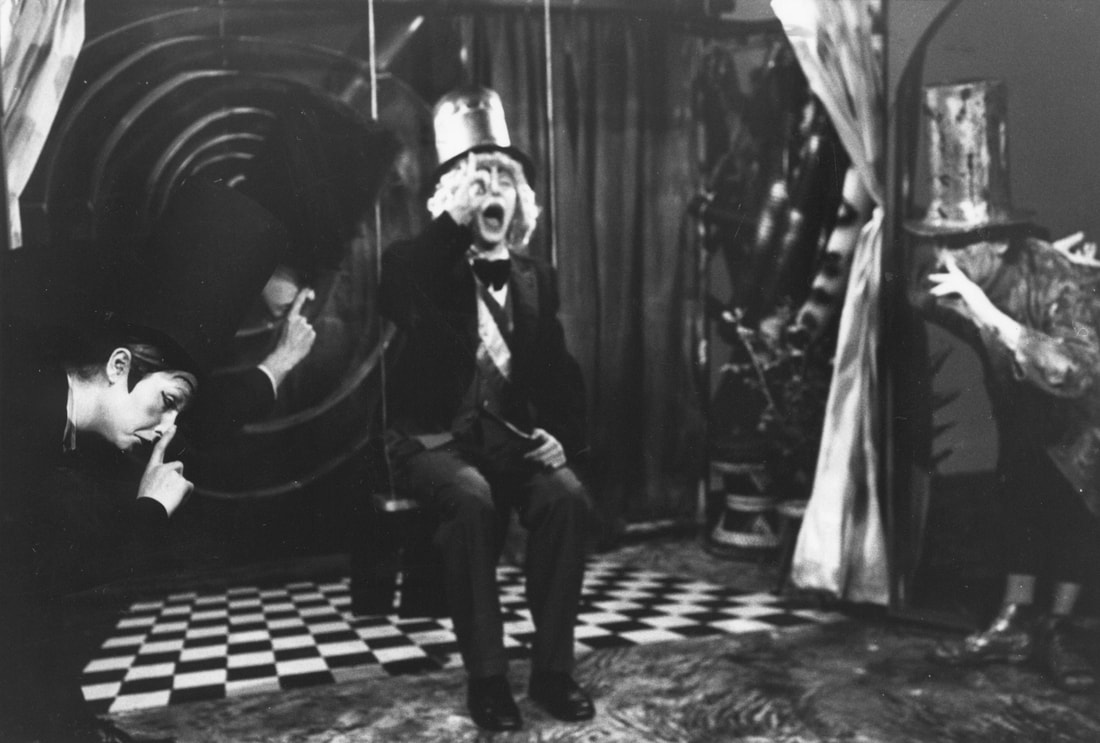
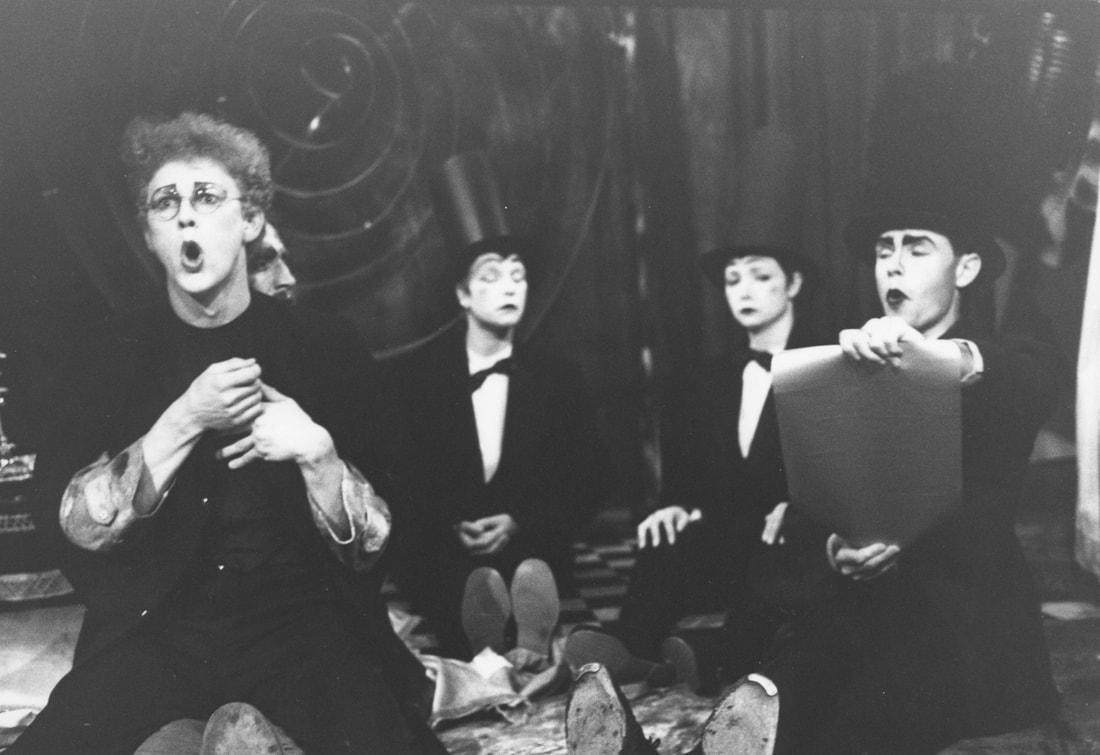
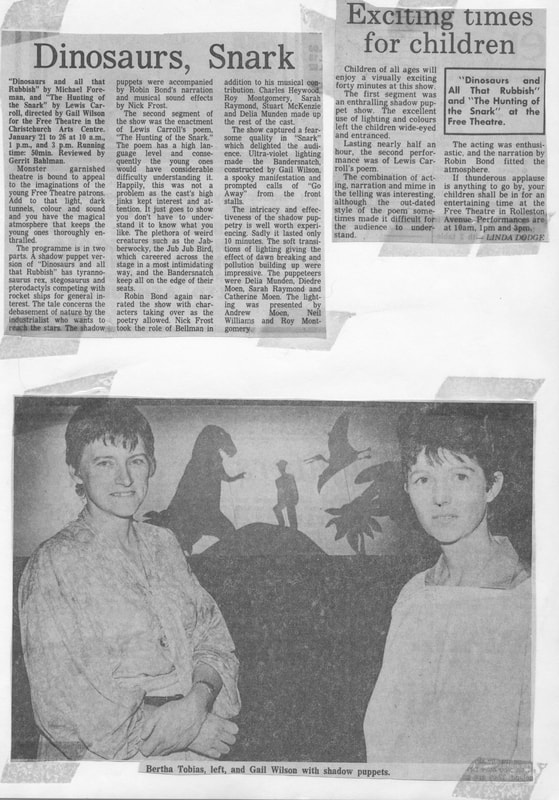
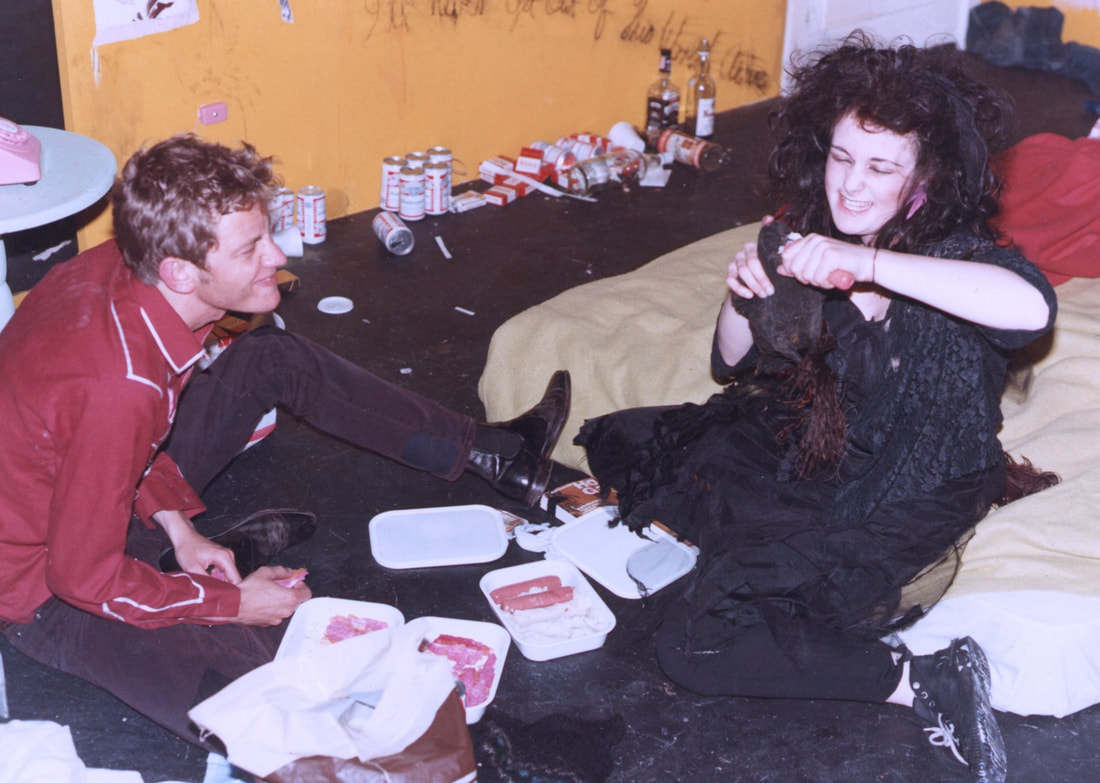
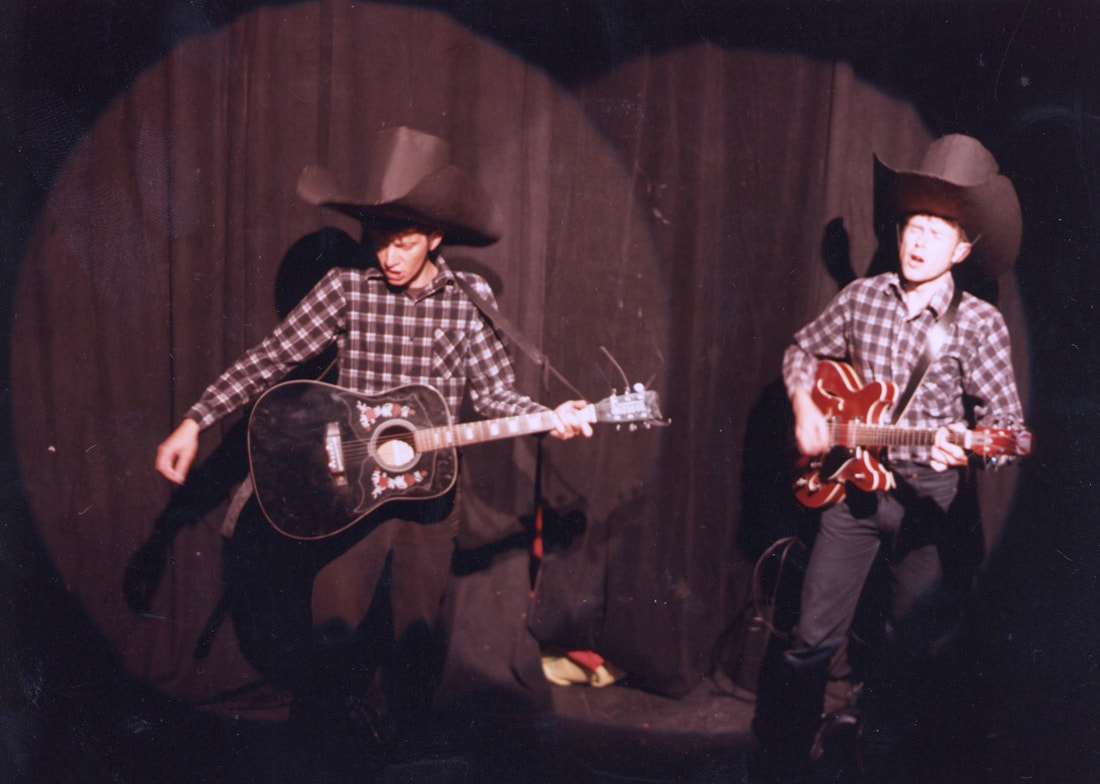
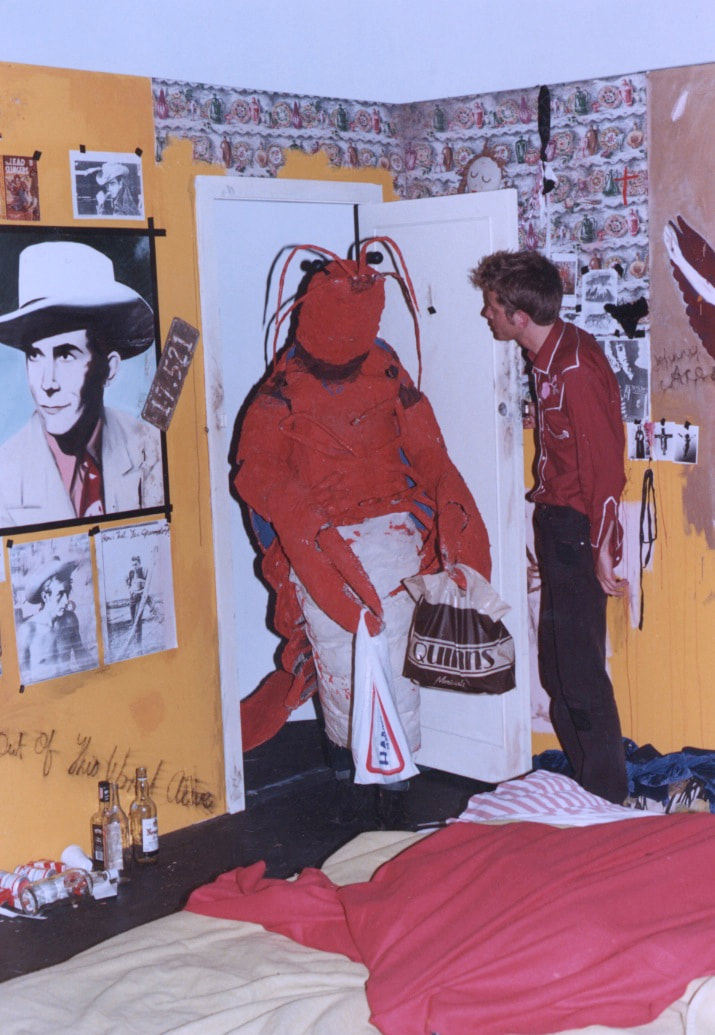
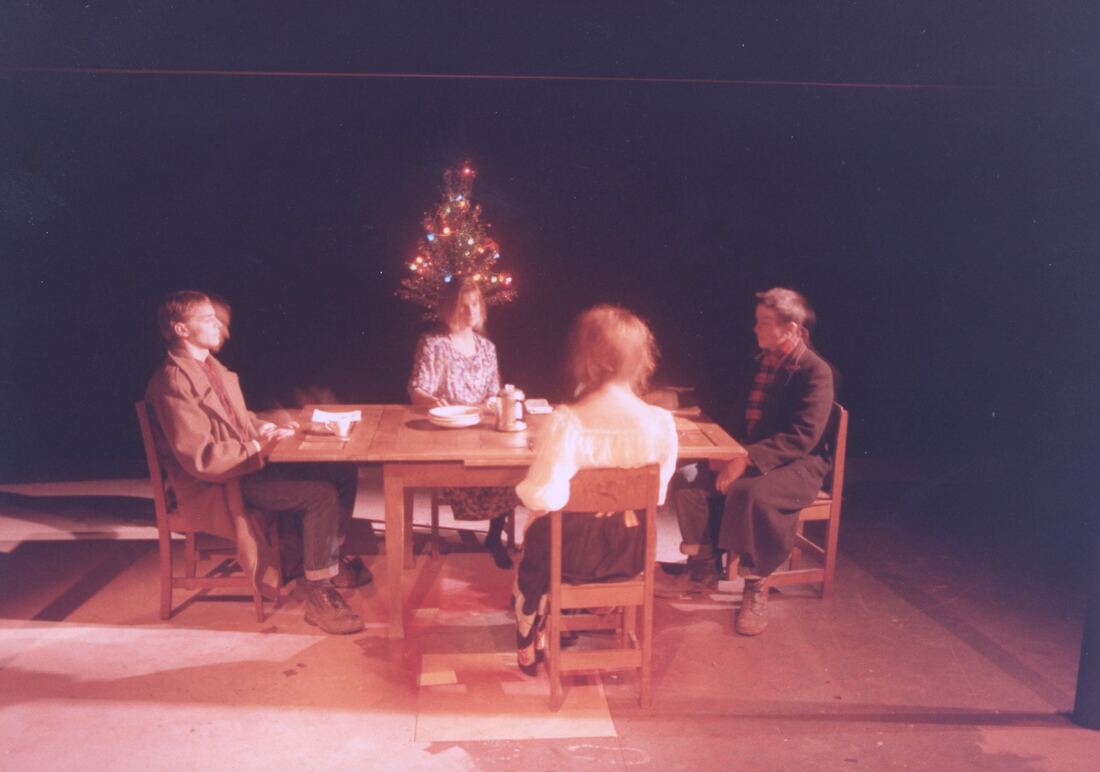
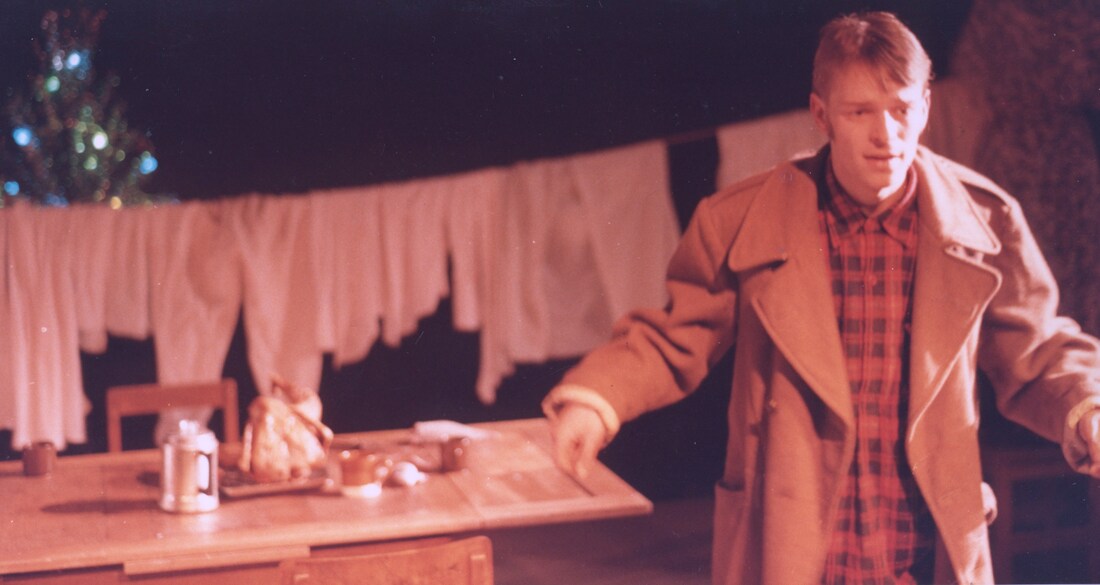
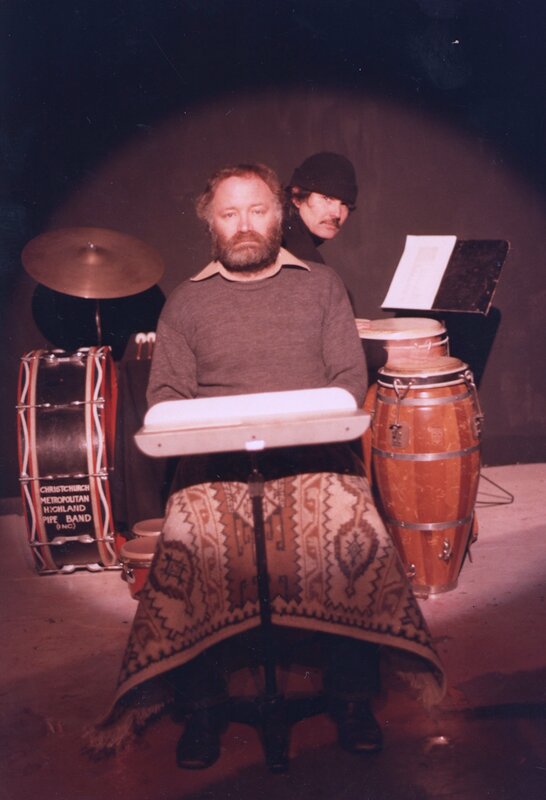
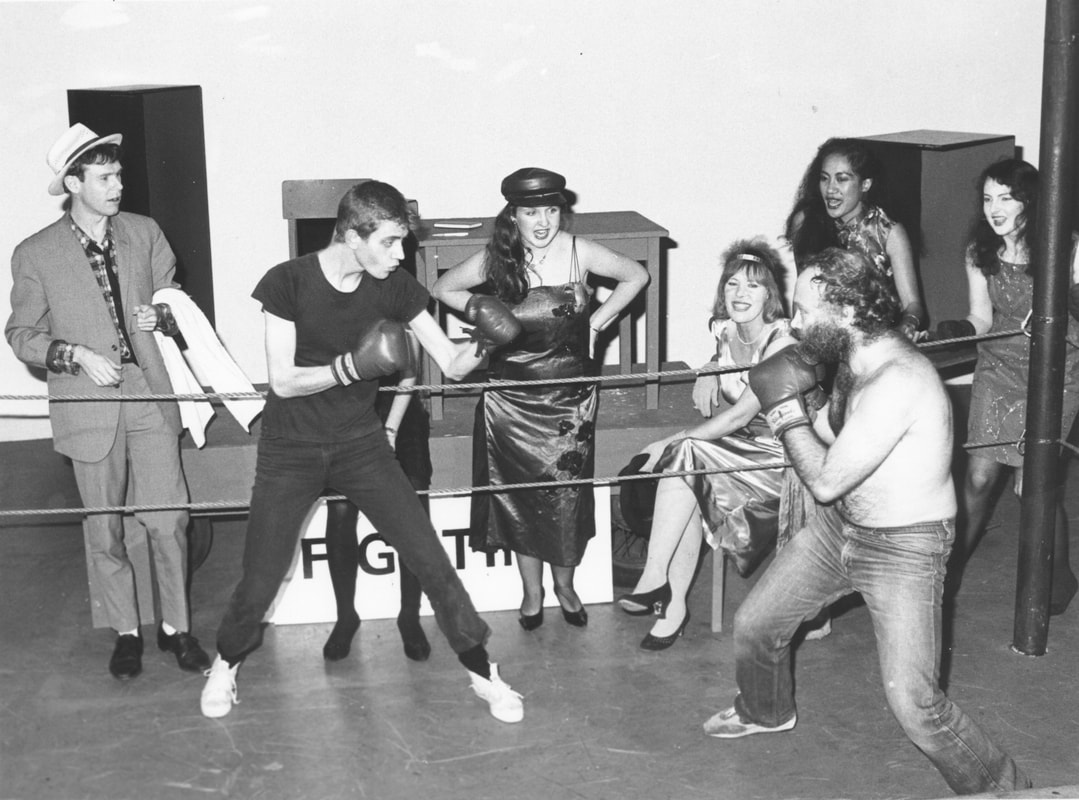
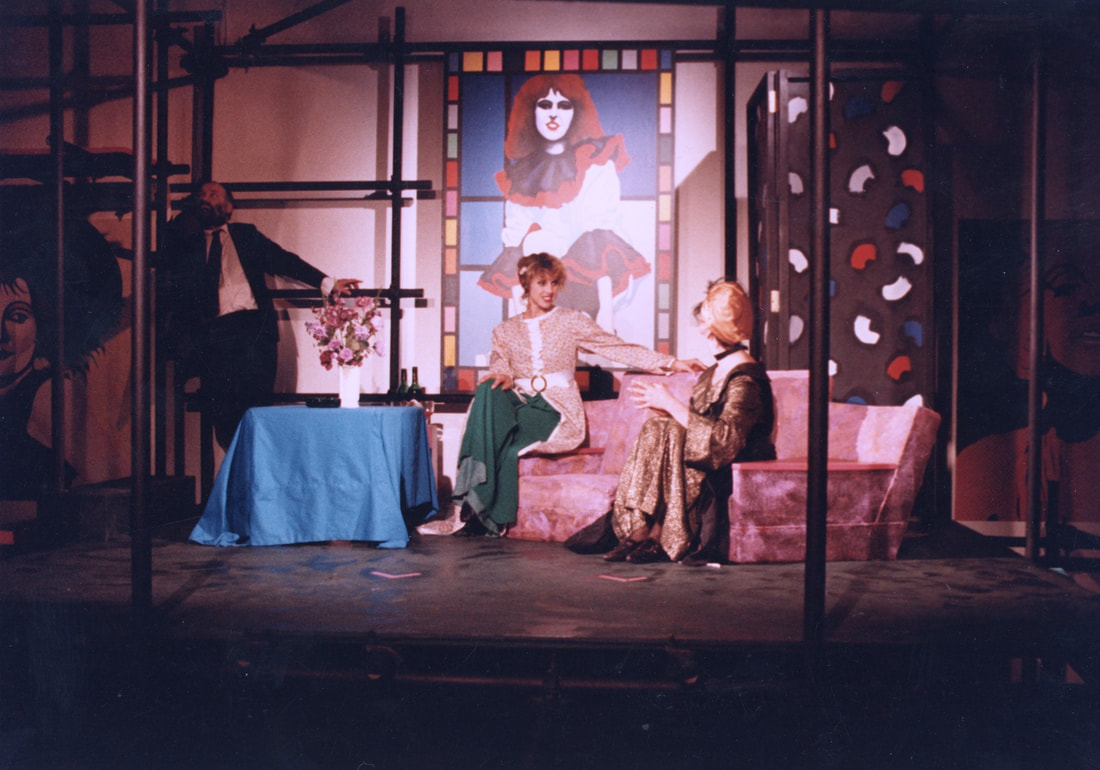
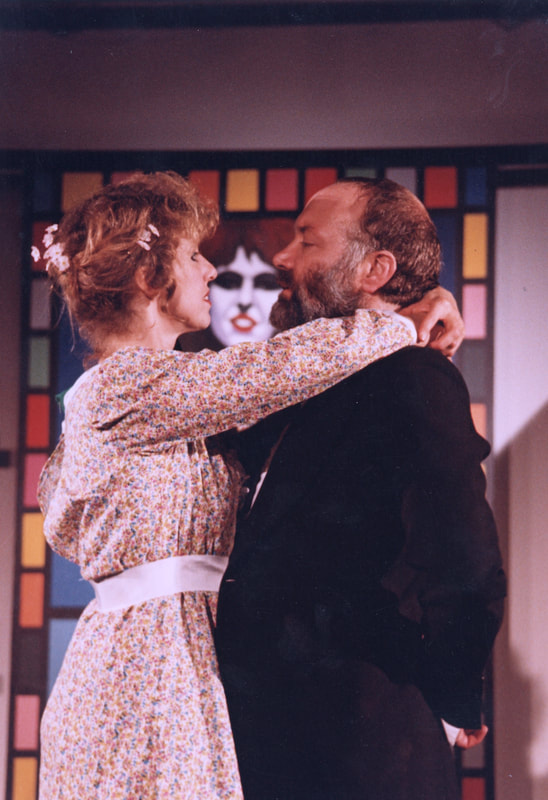
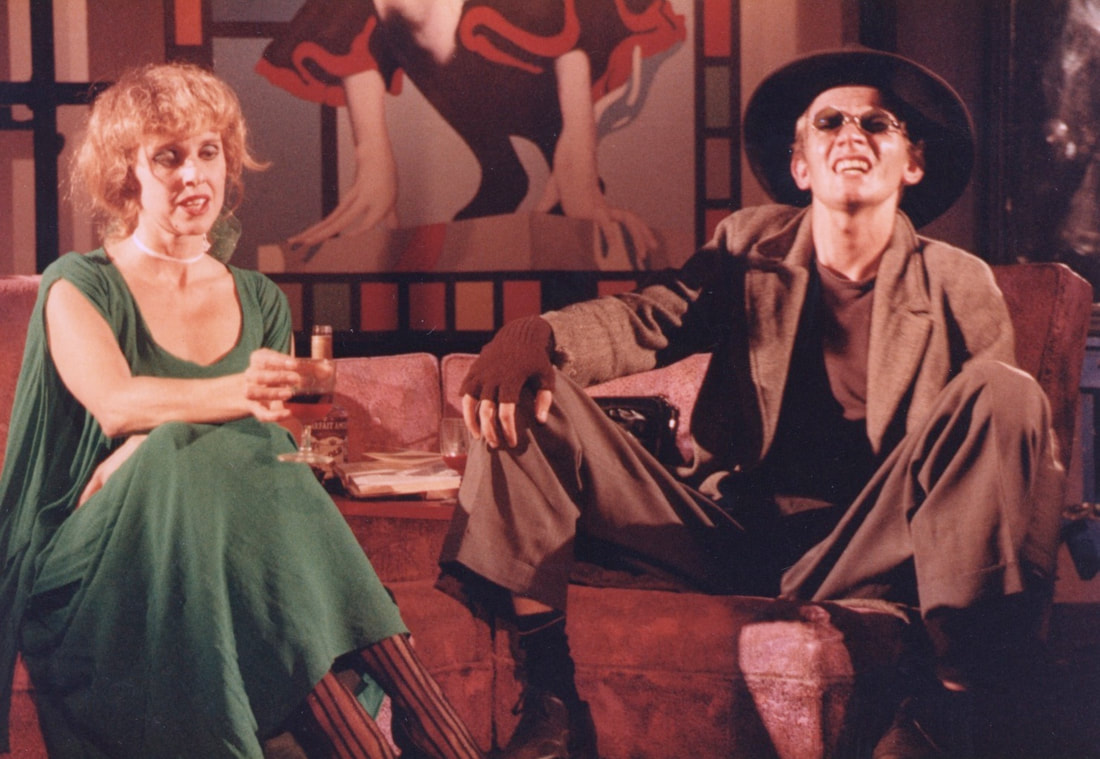
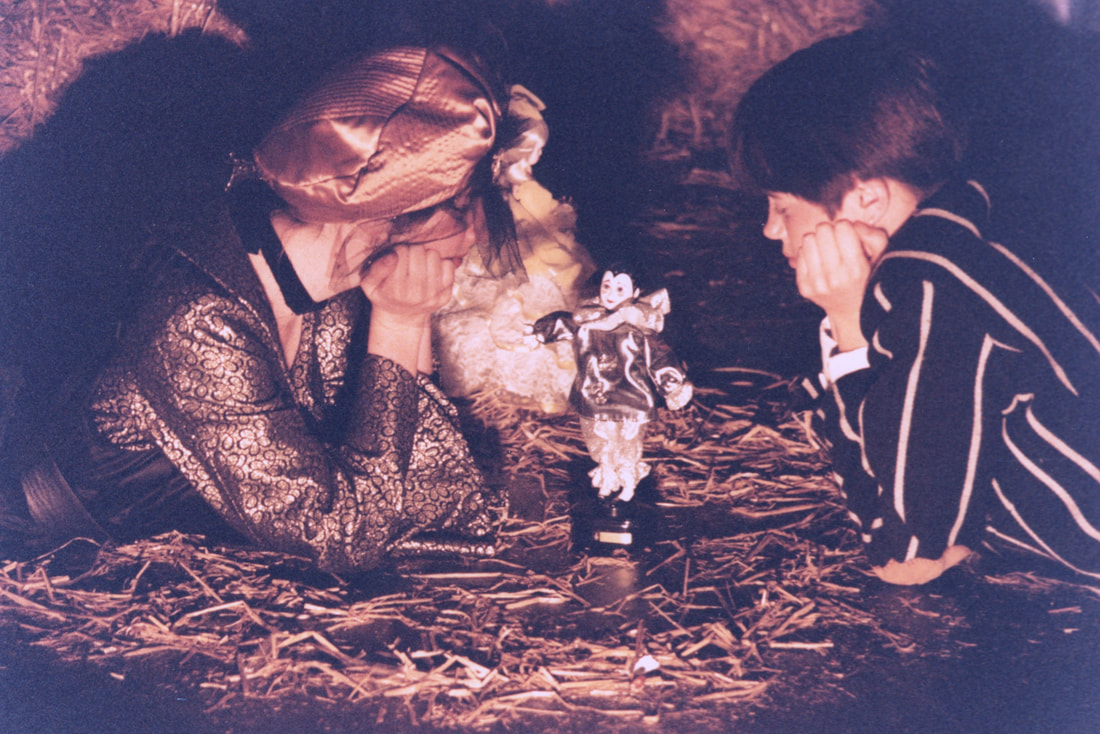
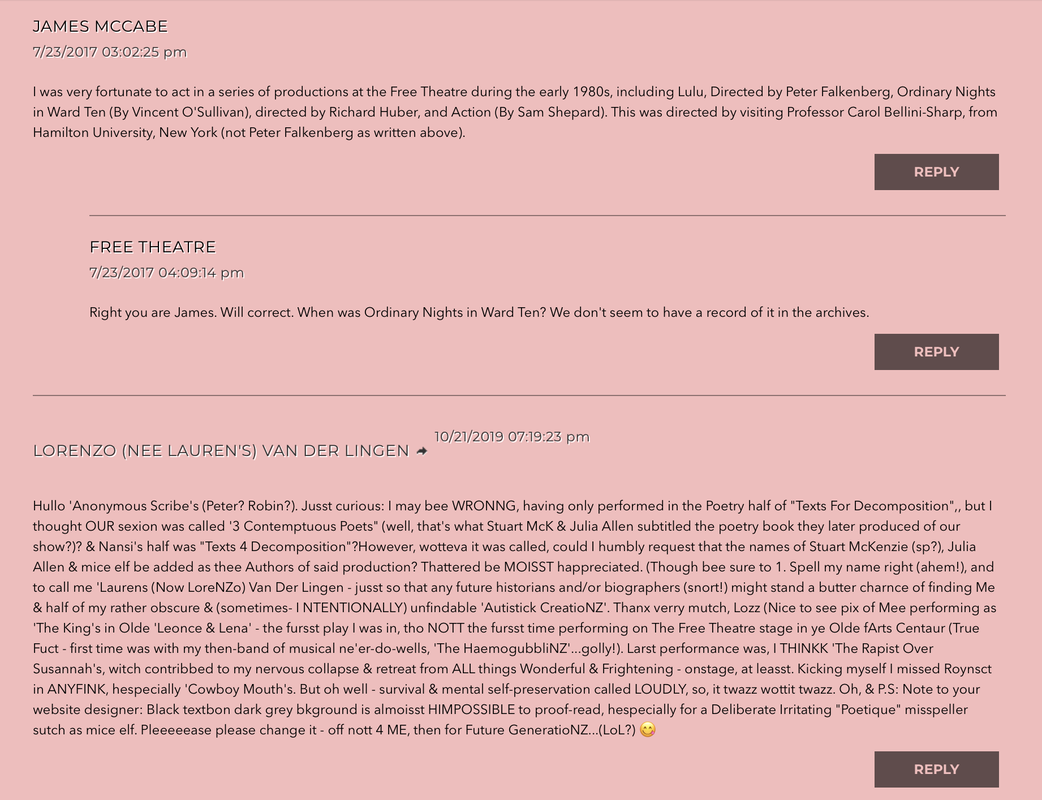
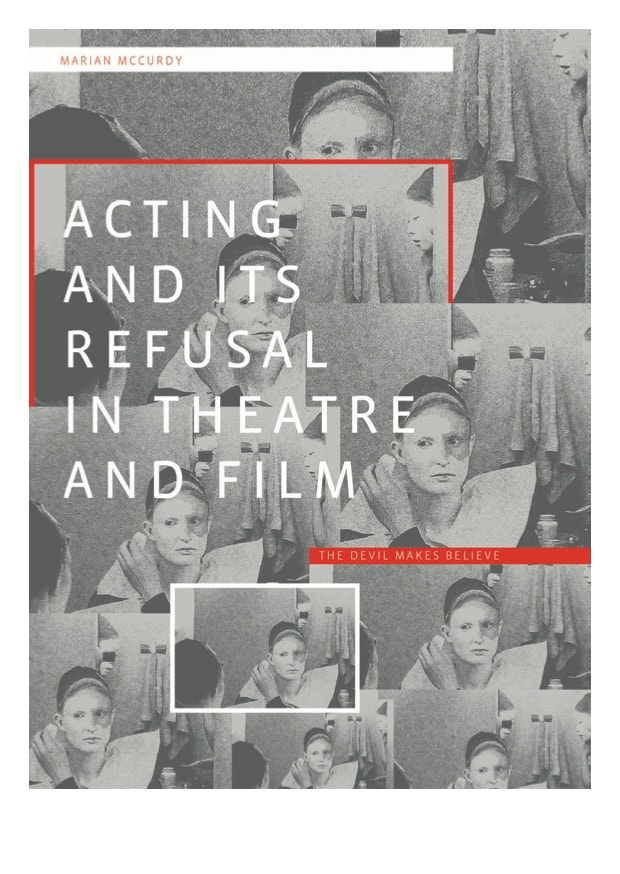
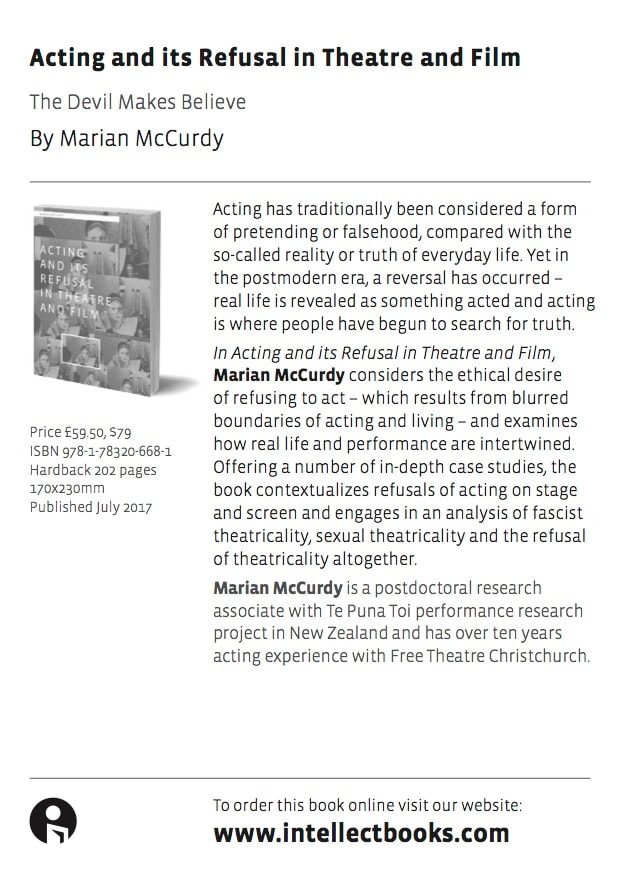
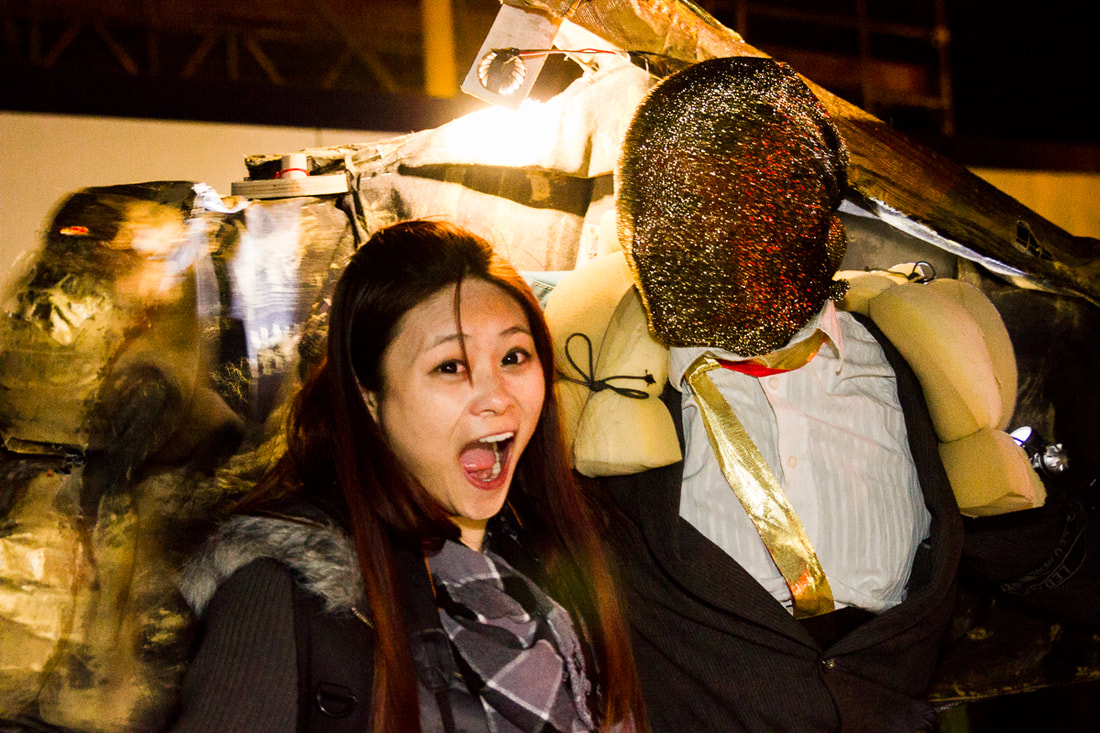
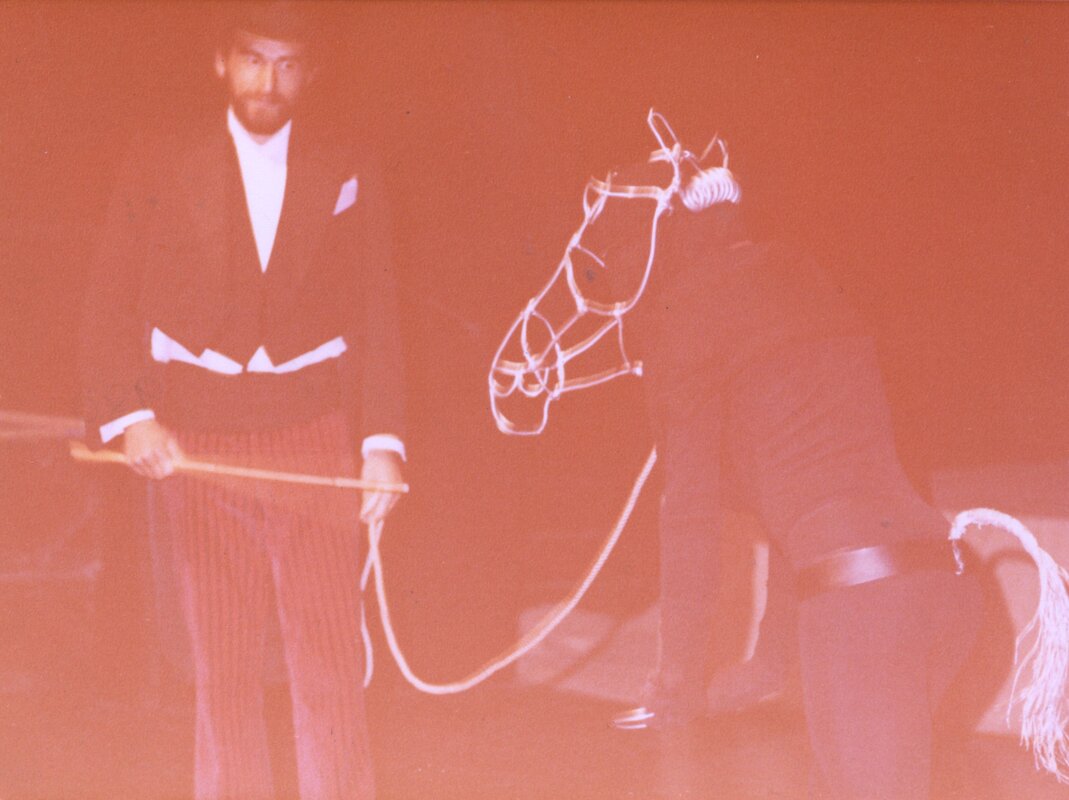
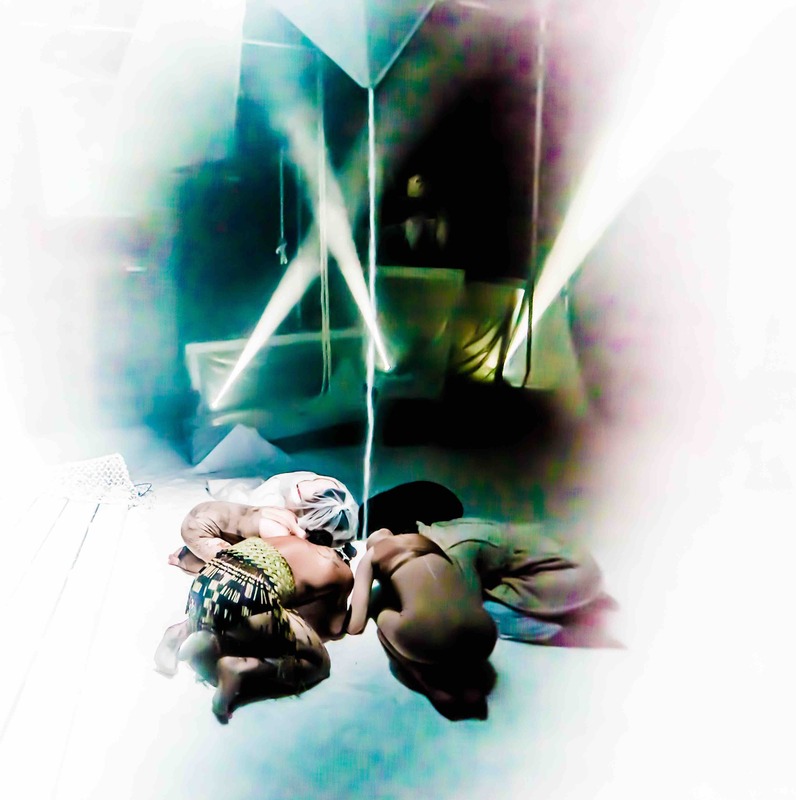
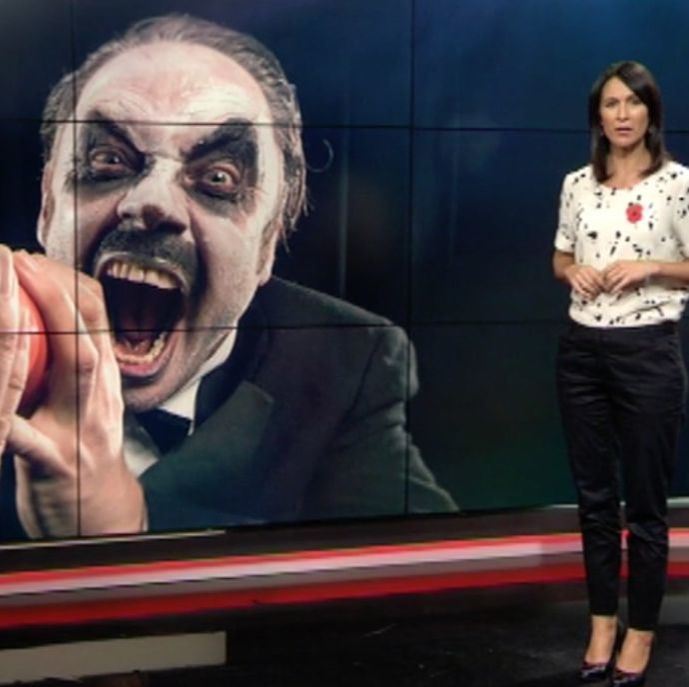
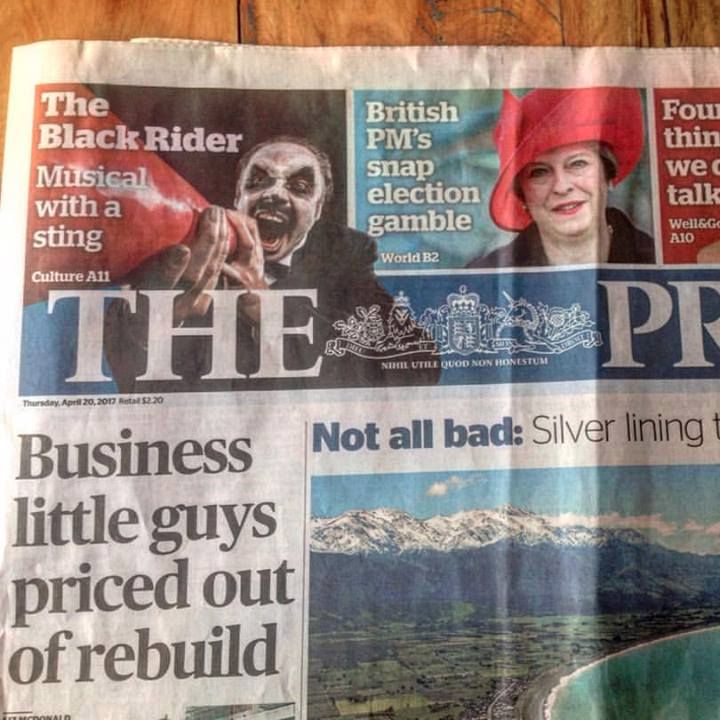
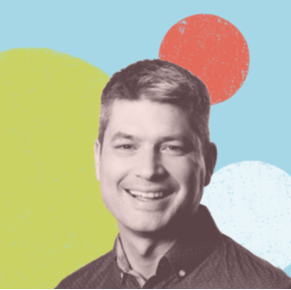
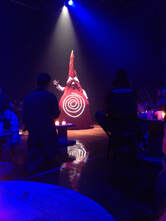
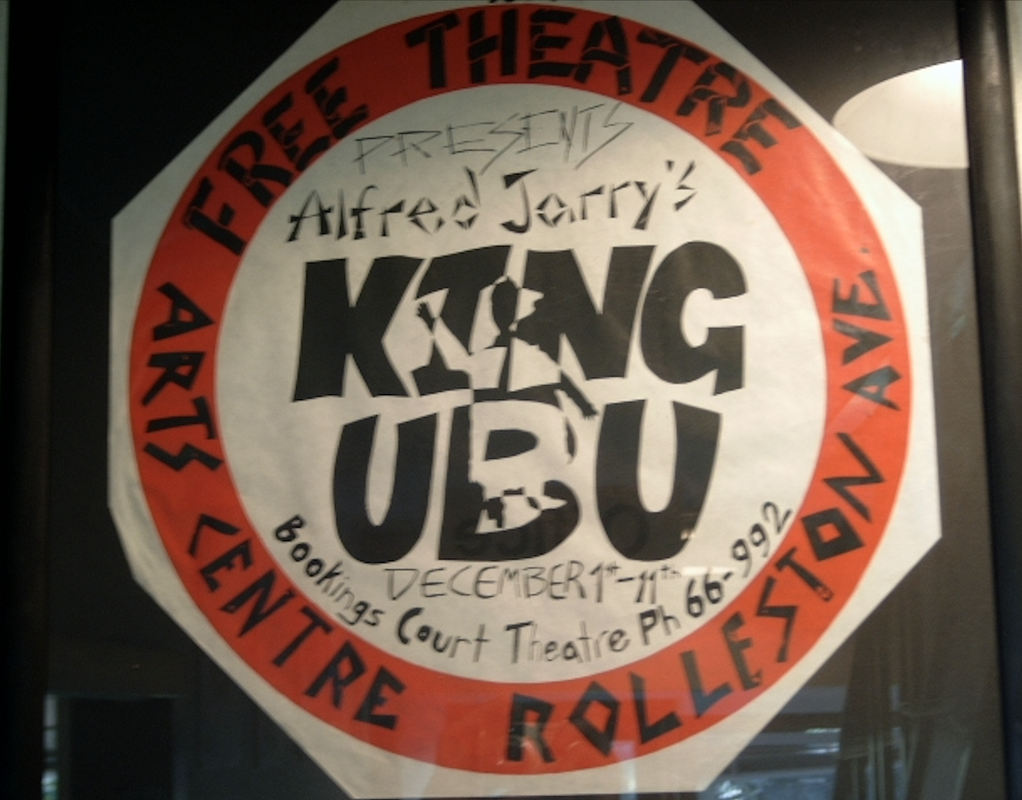
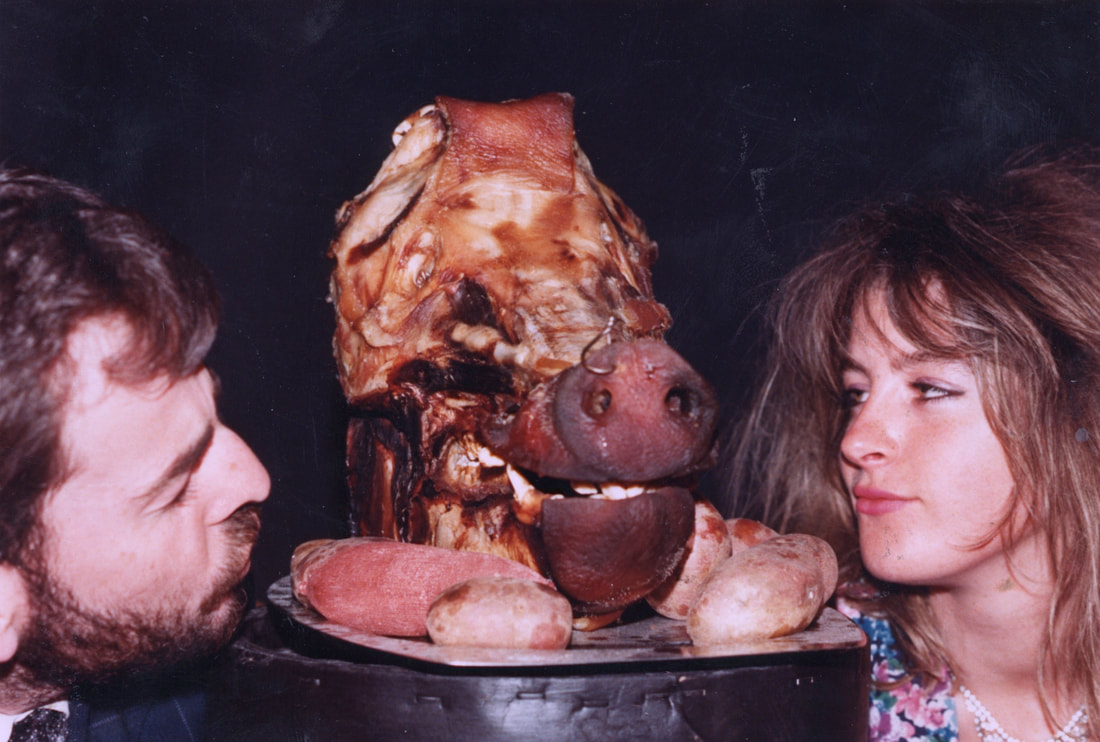
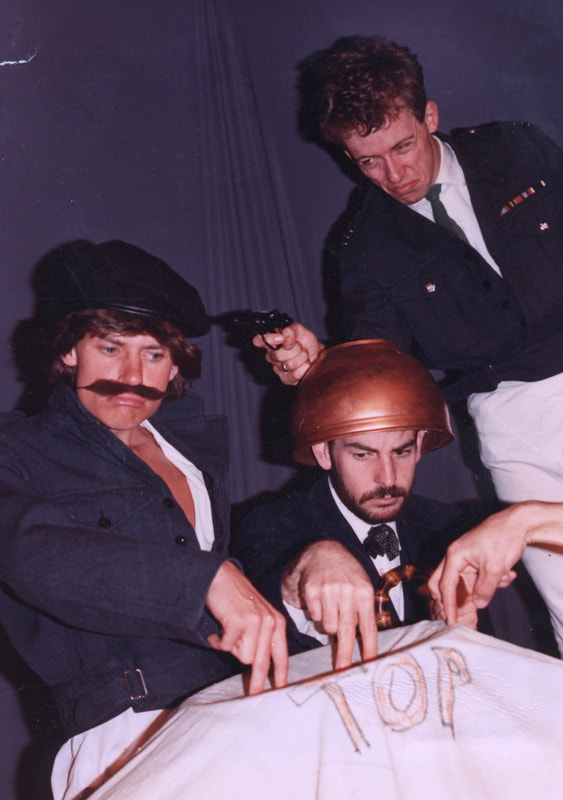
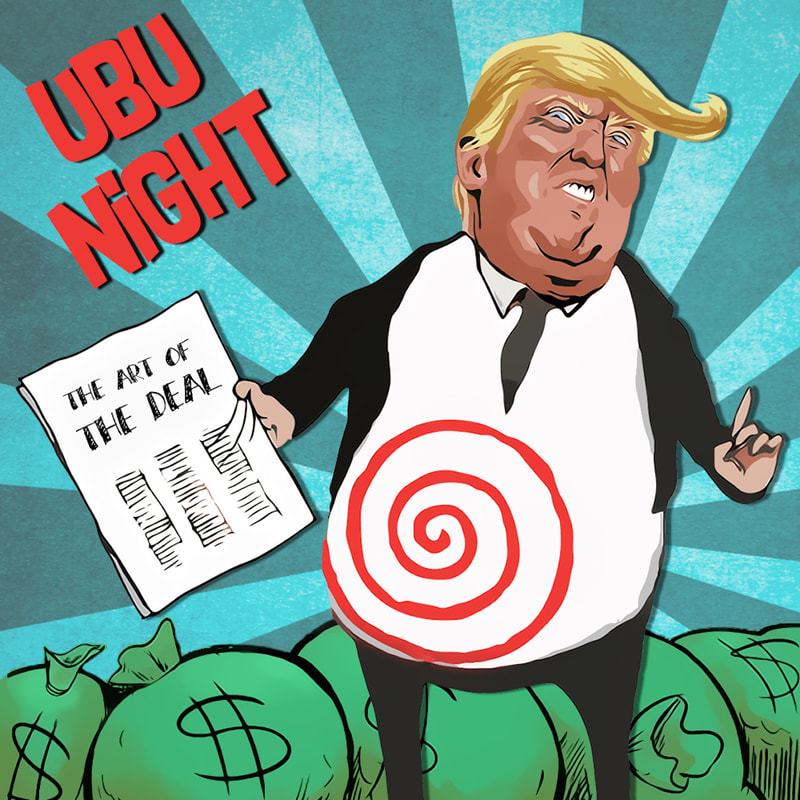
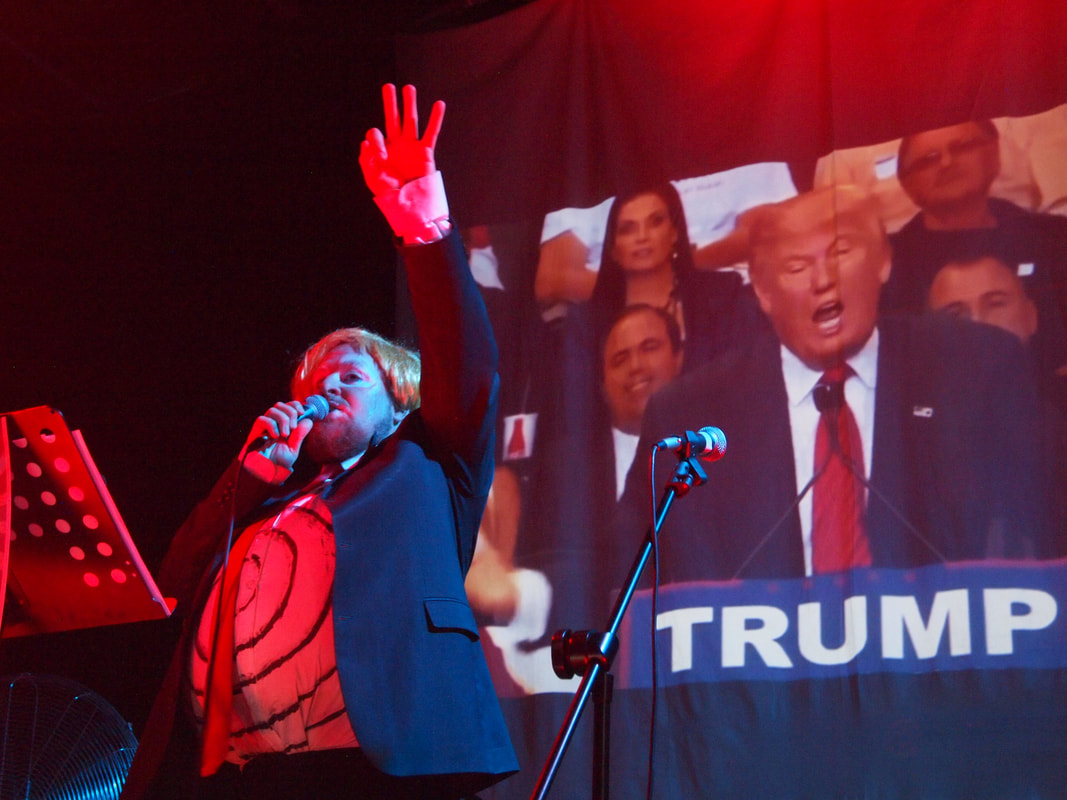
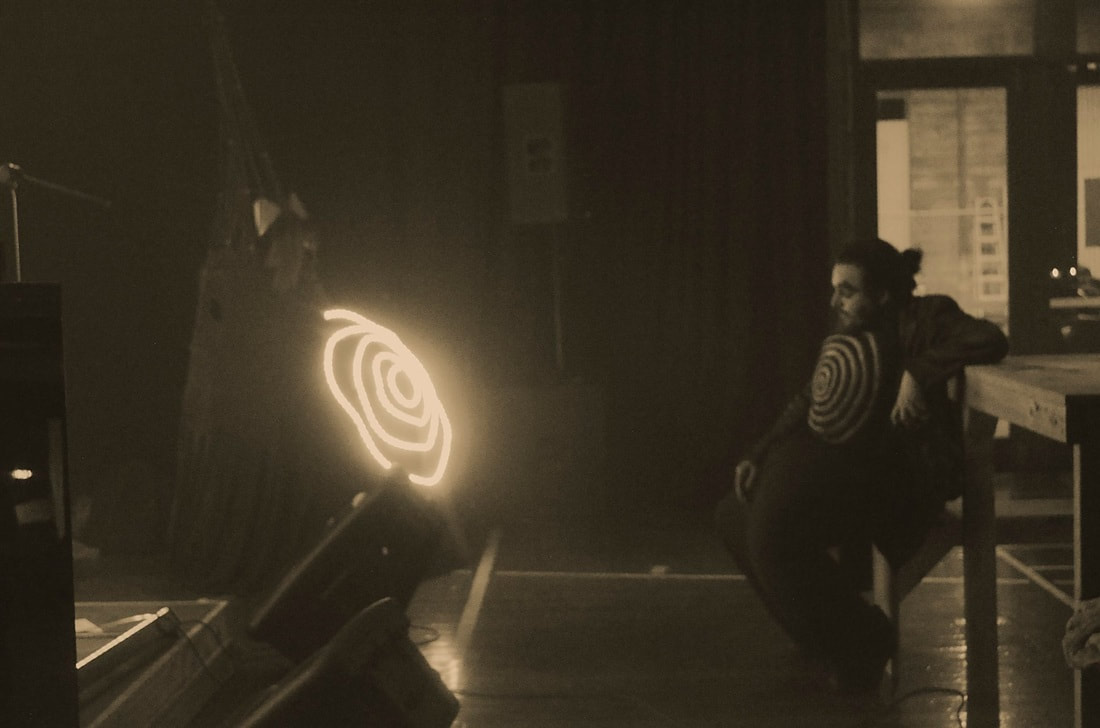
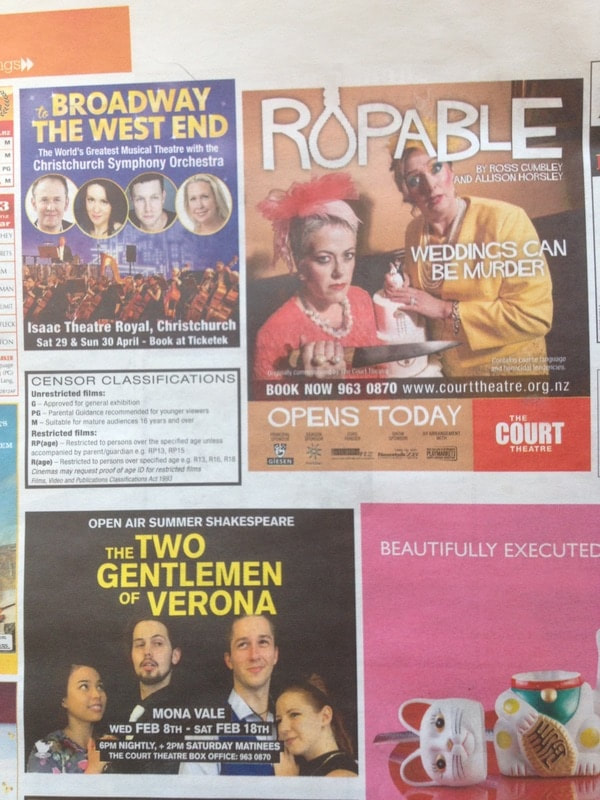
 RSS Feed
RSS Feed

